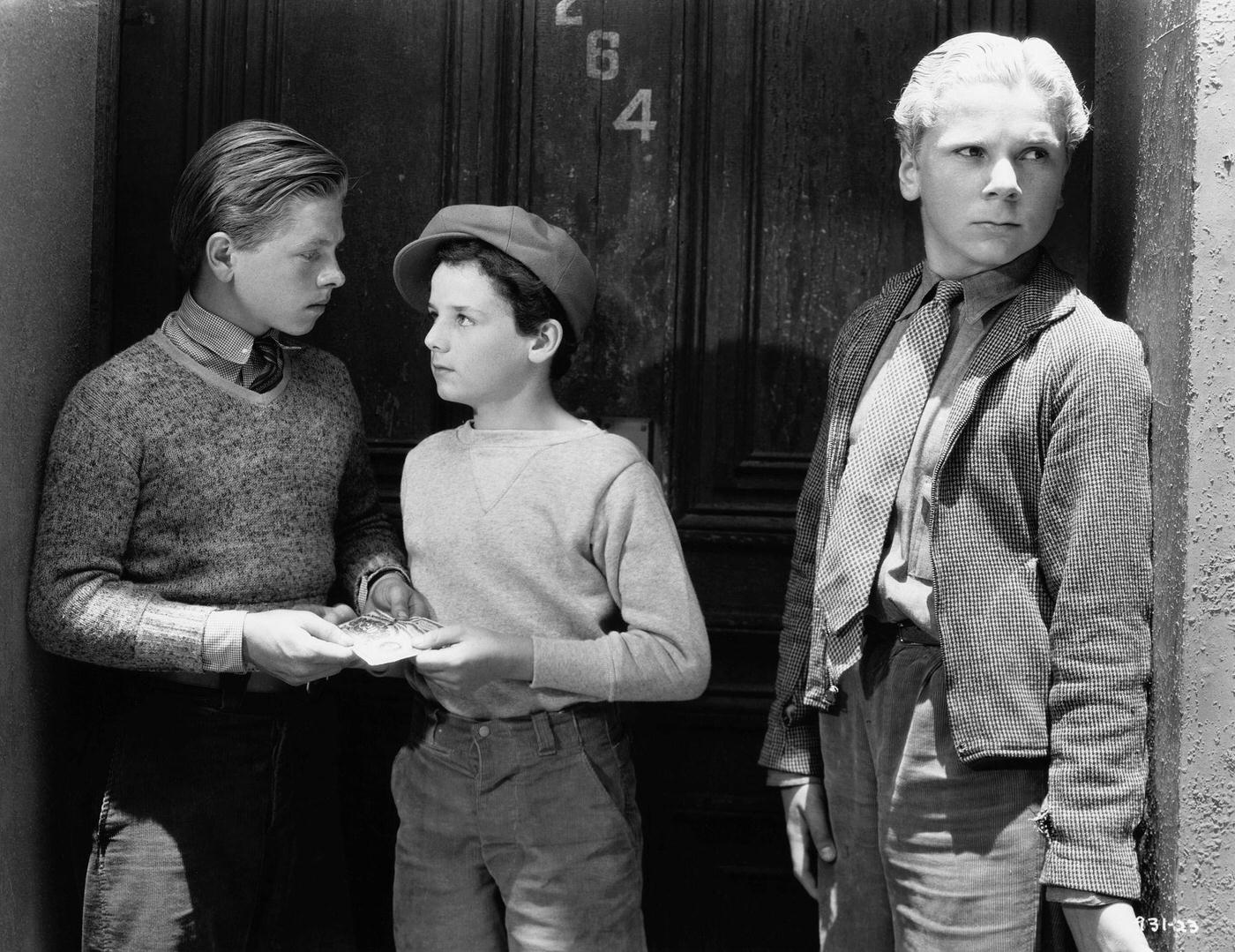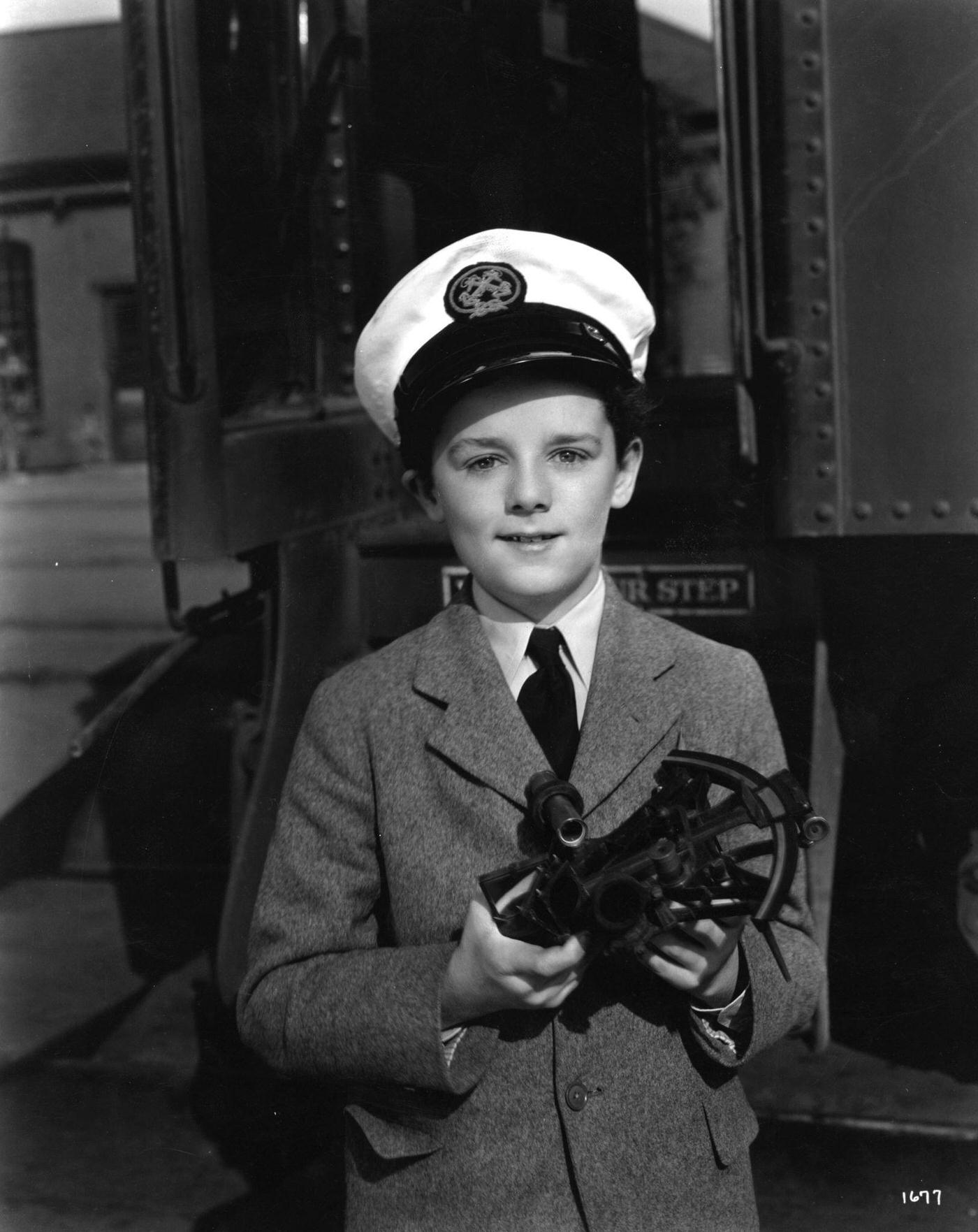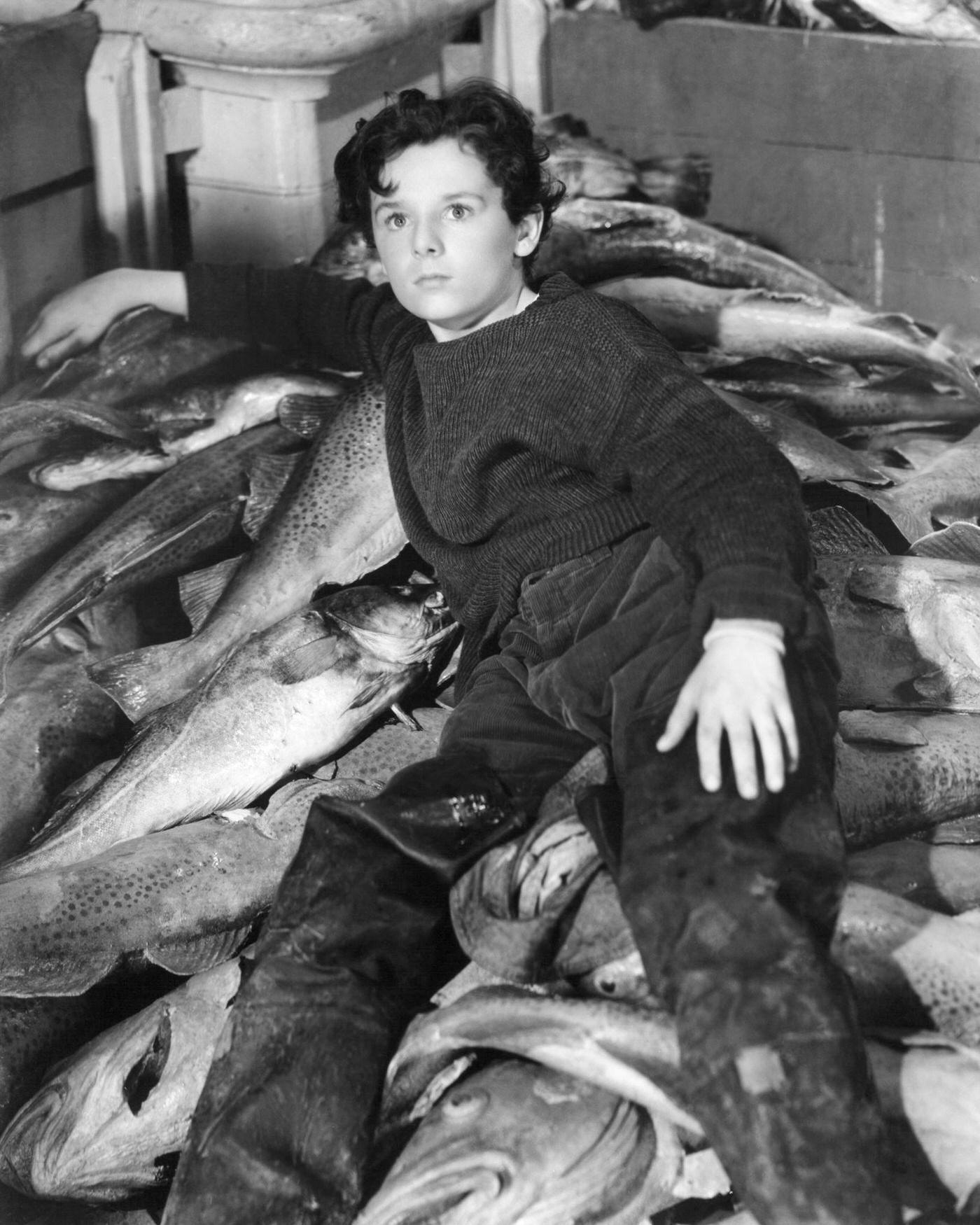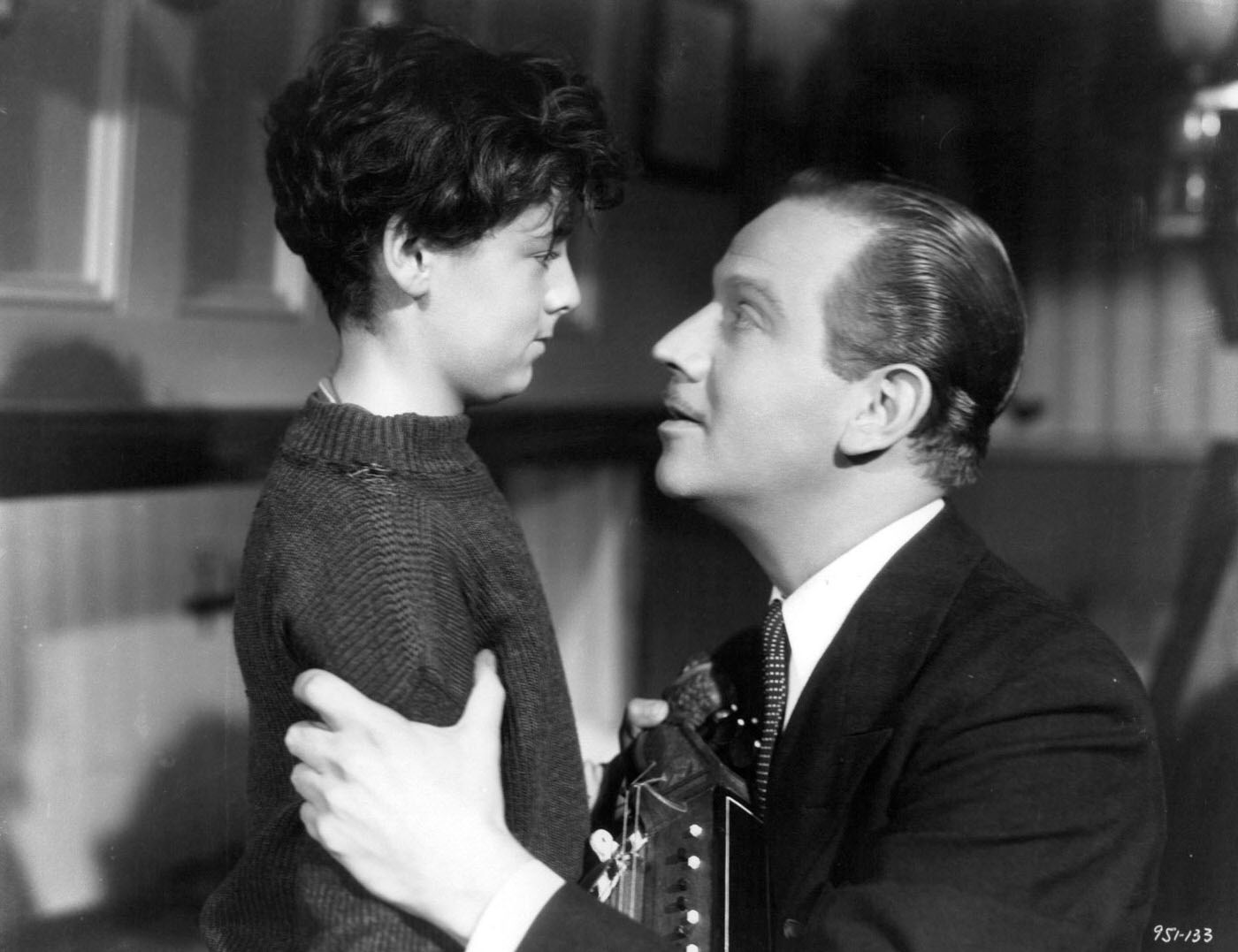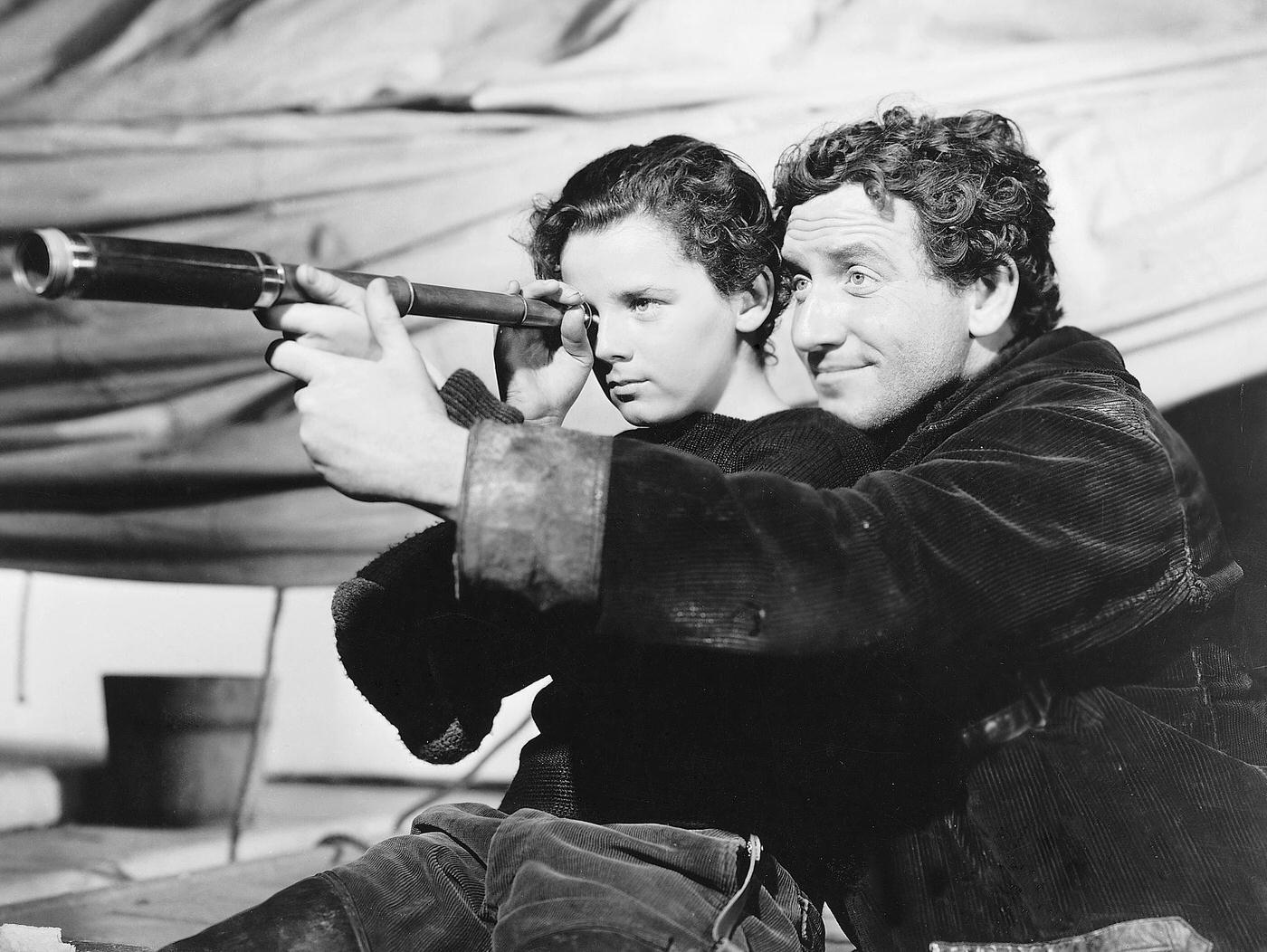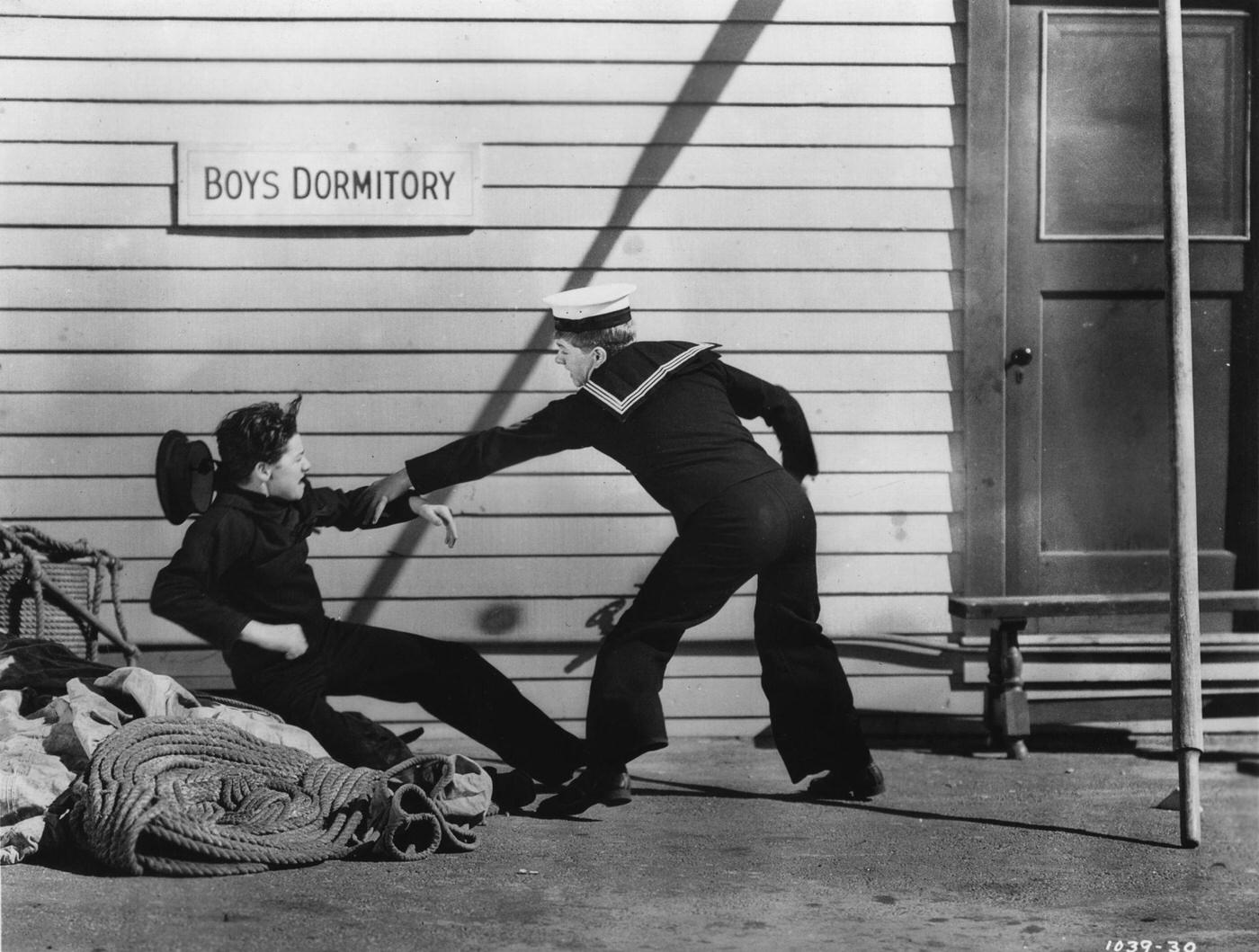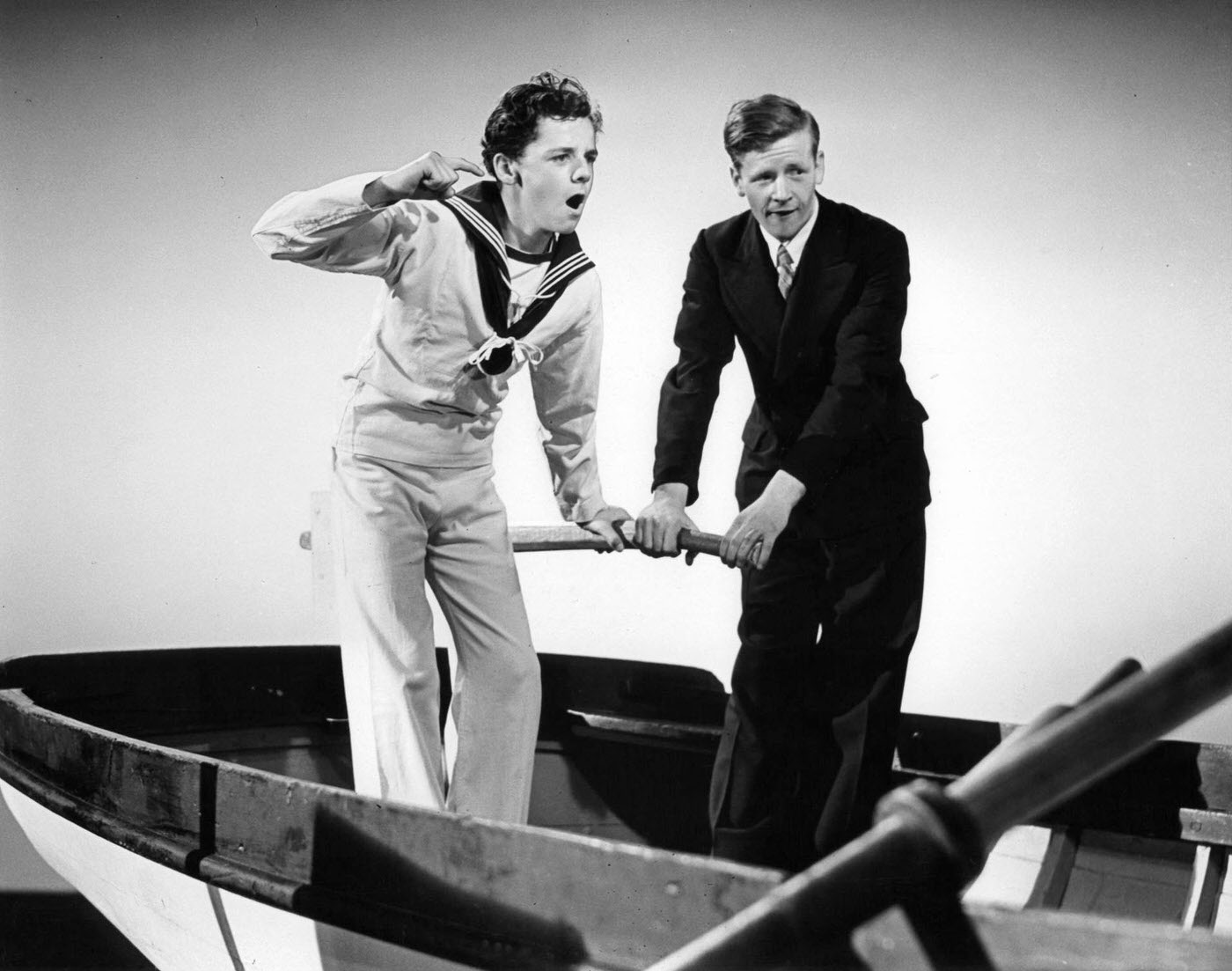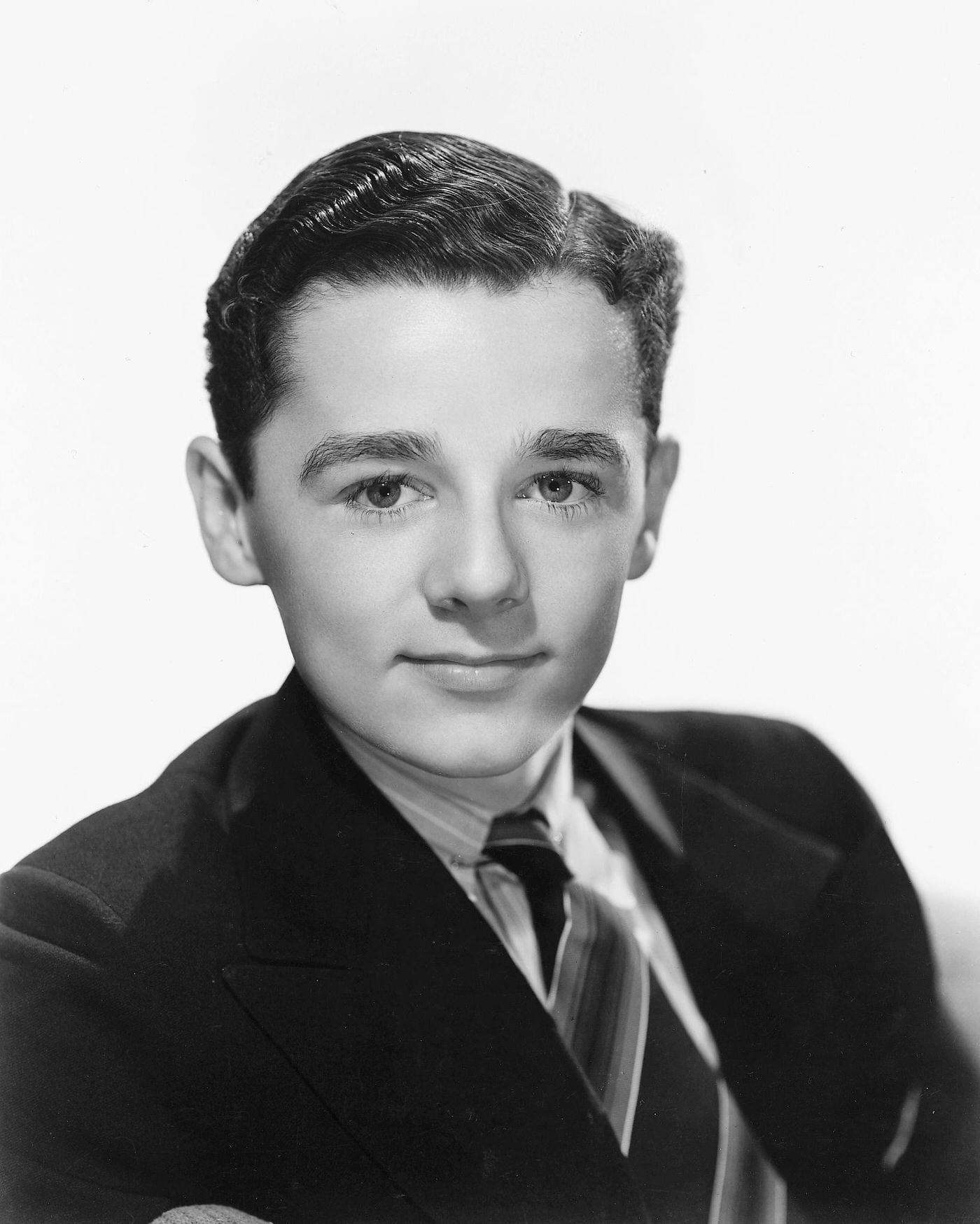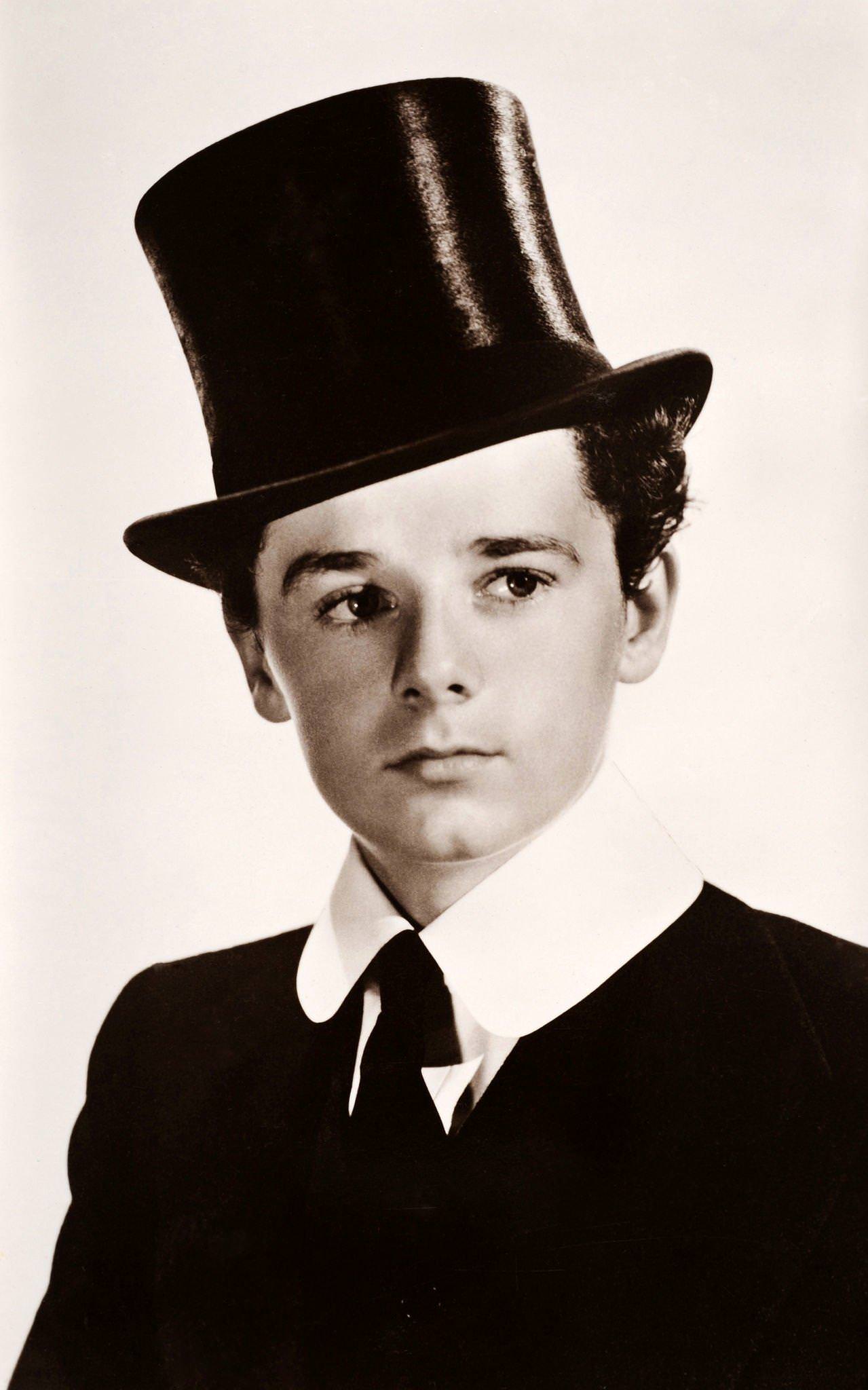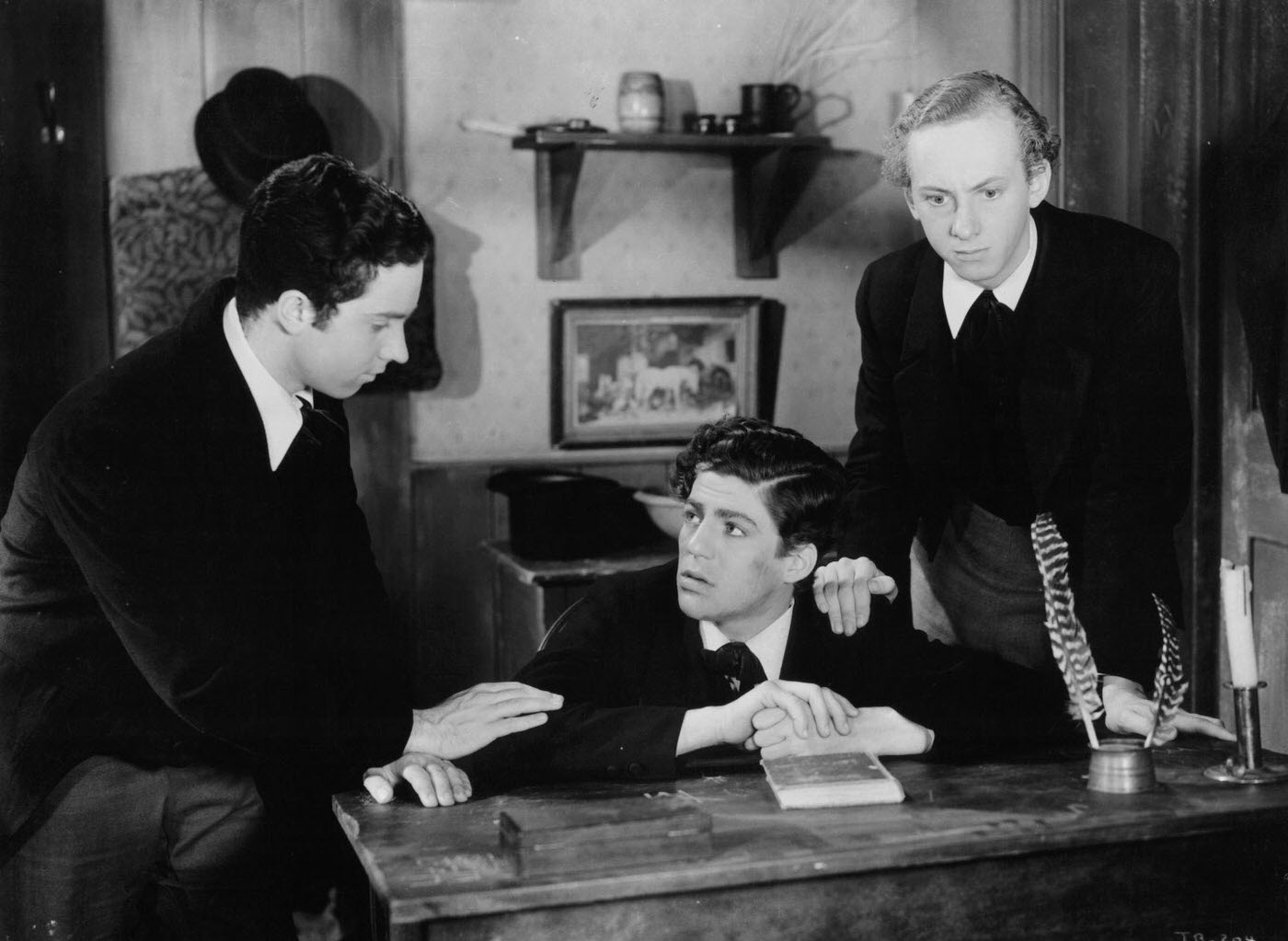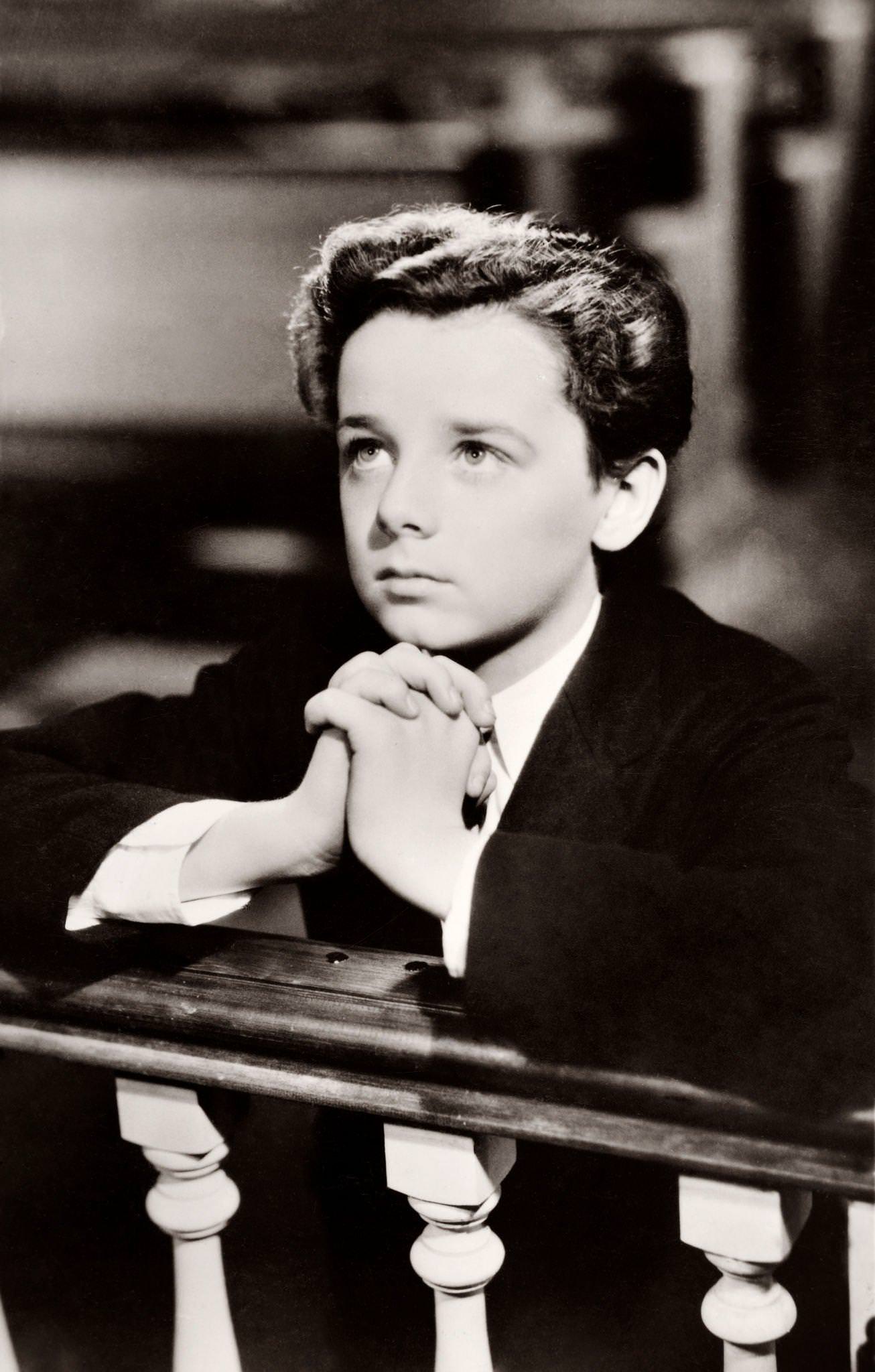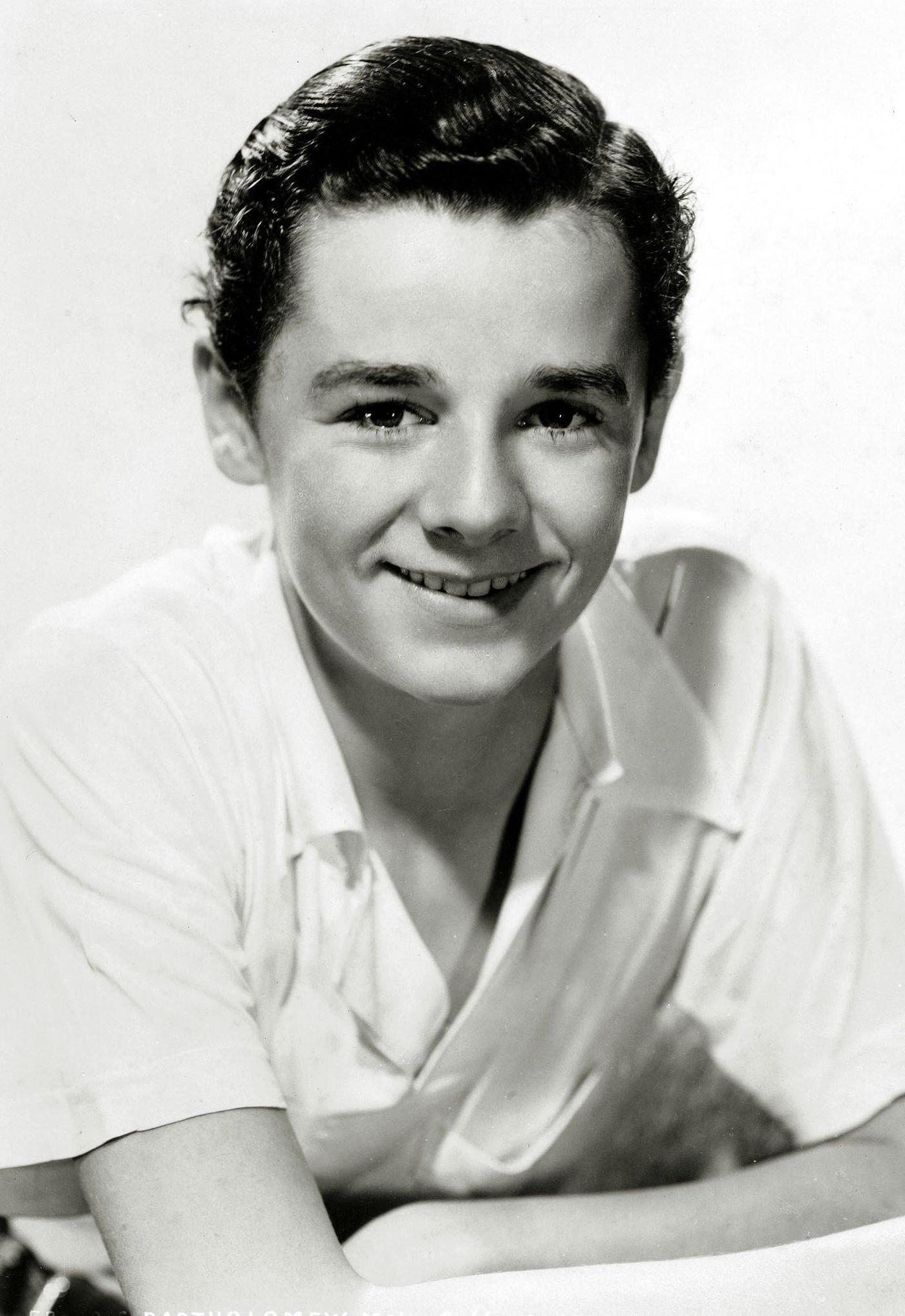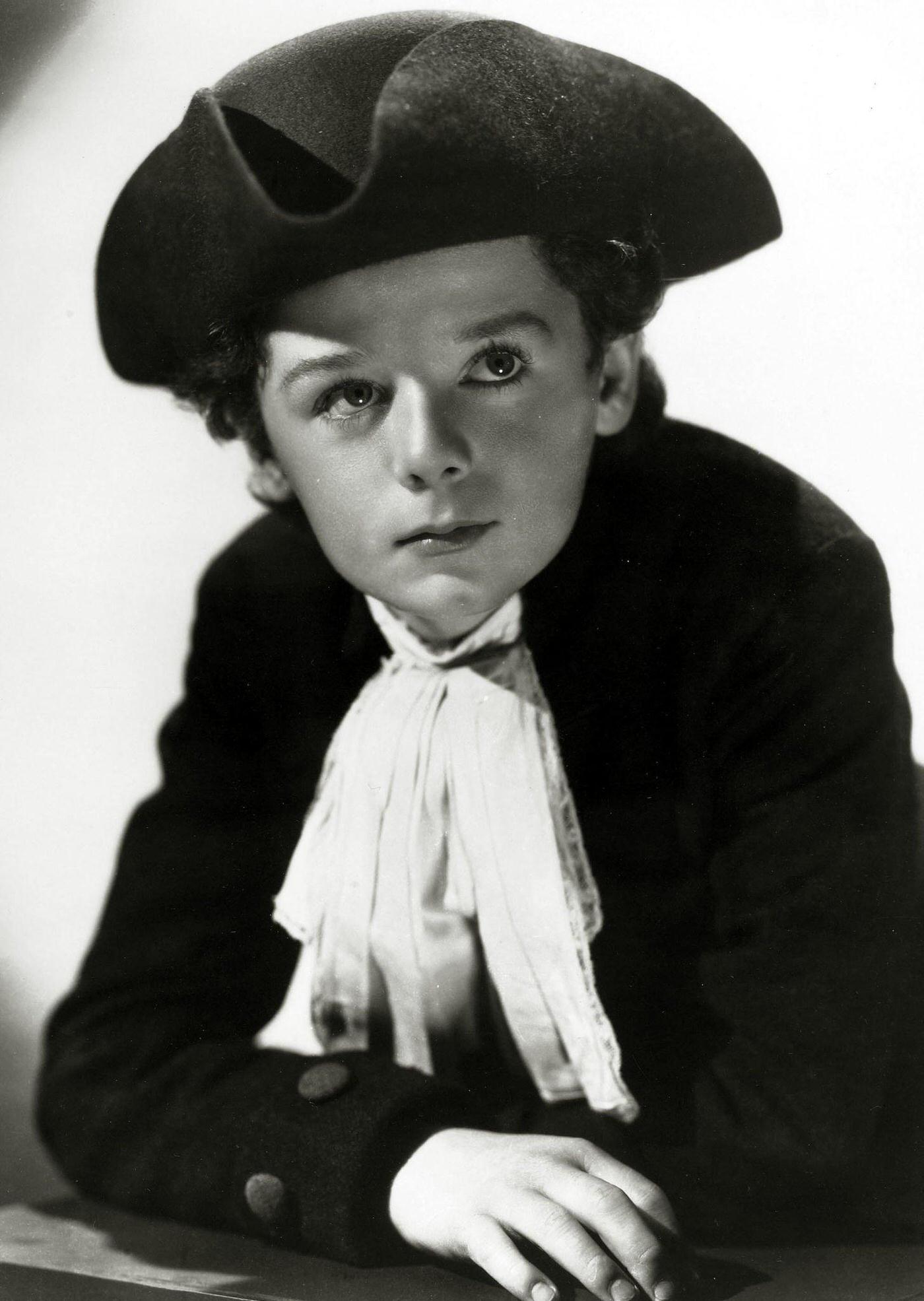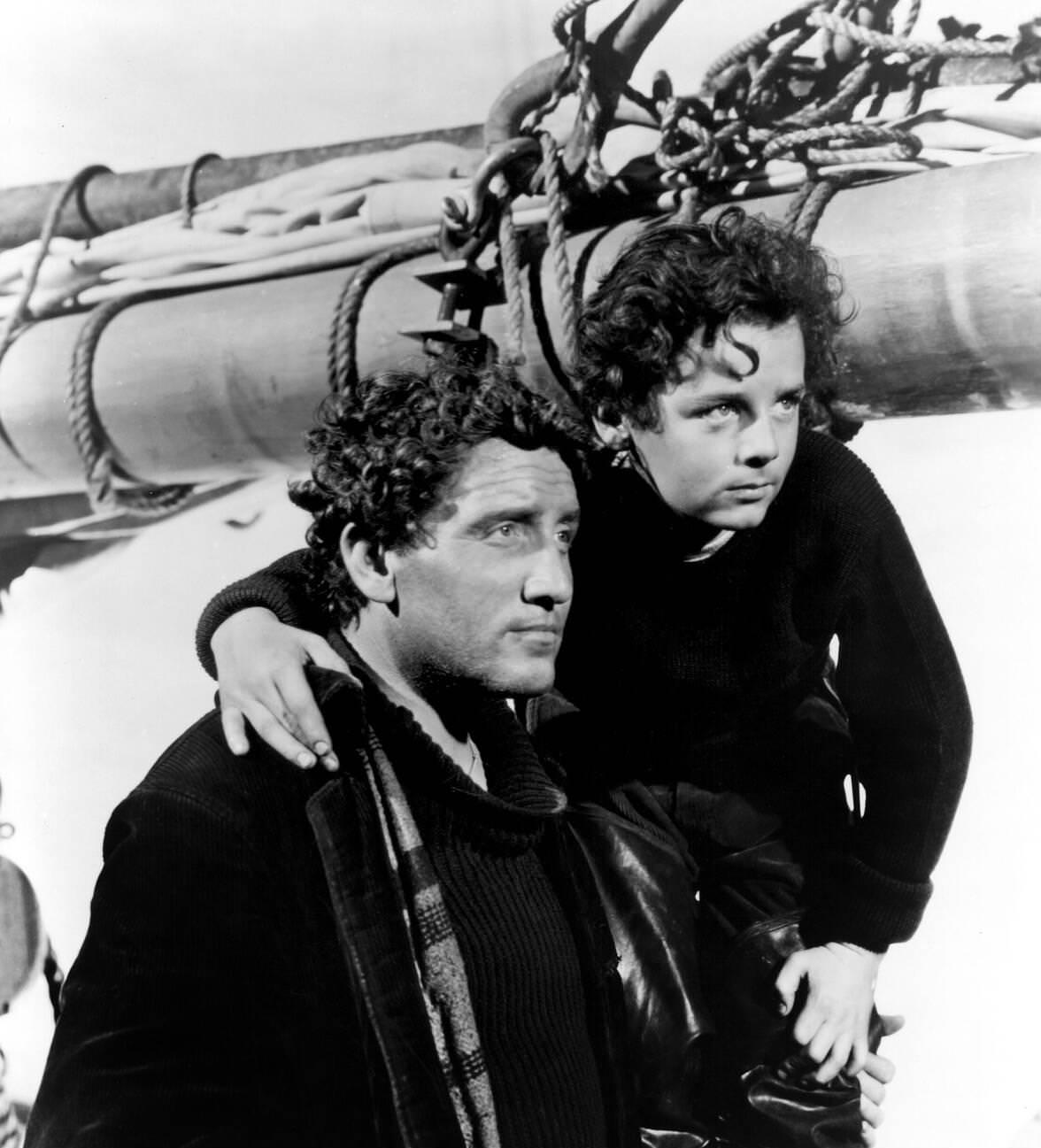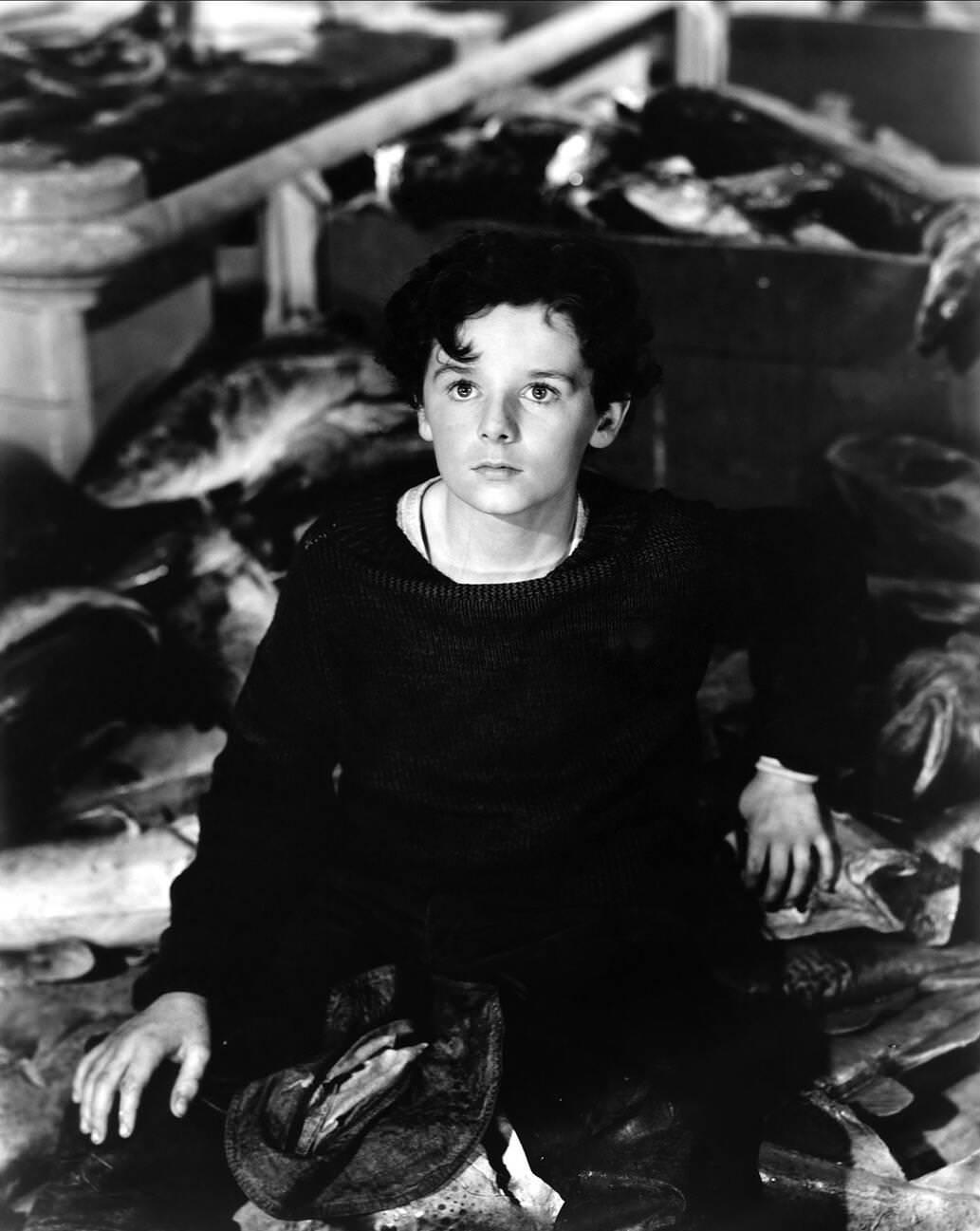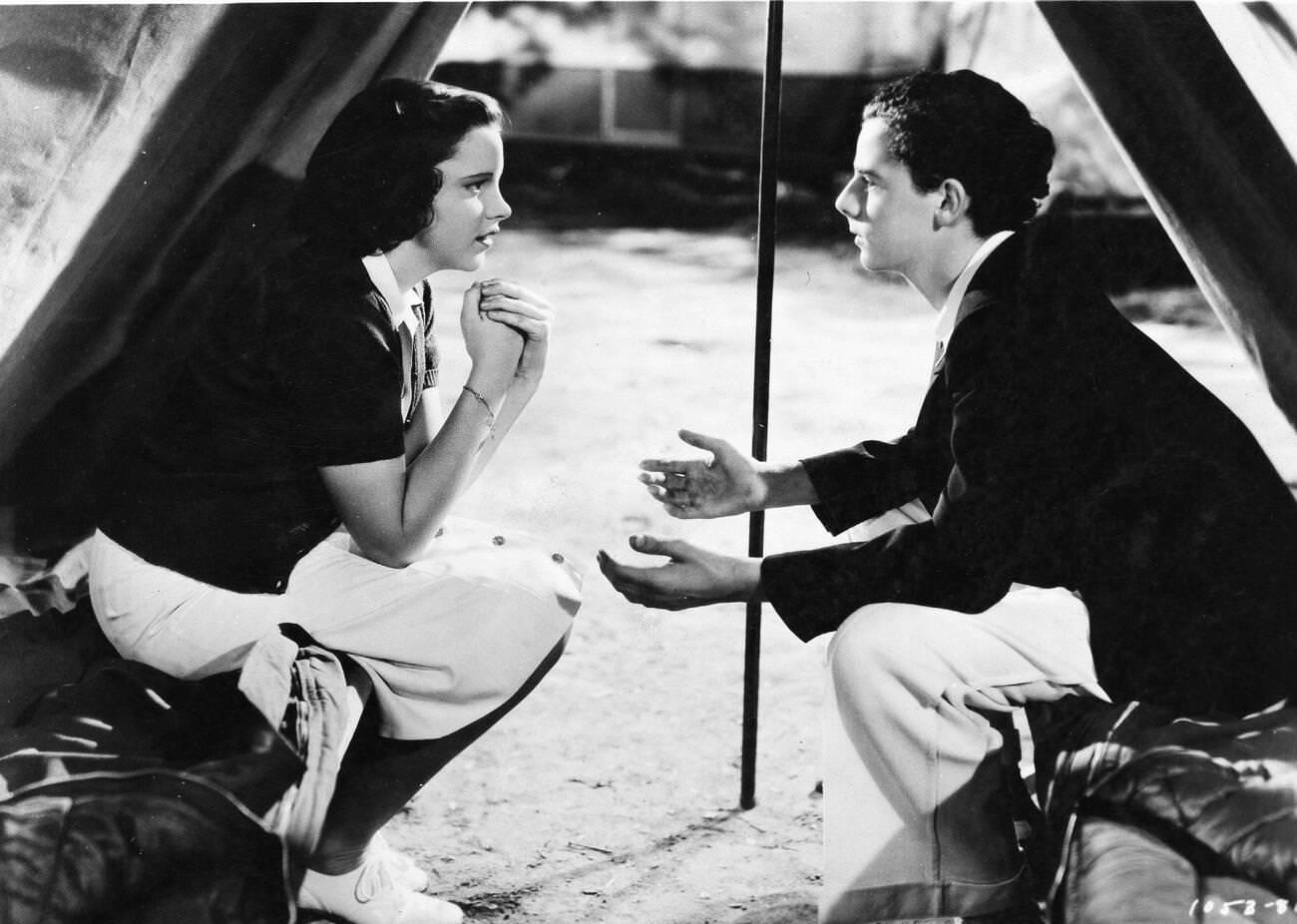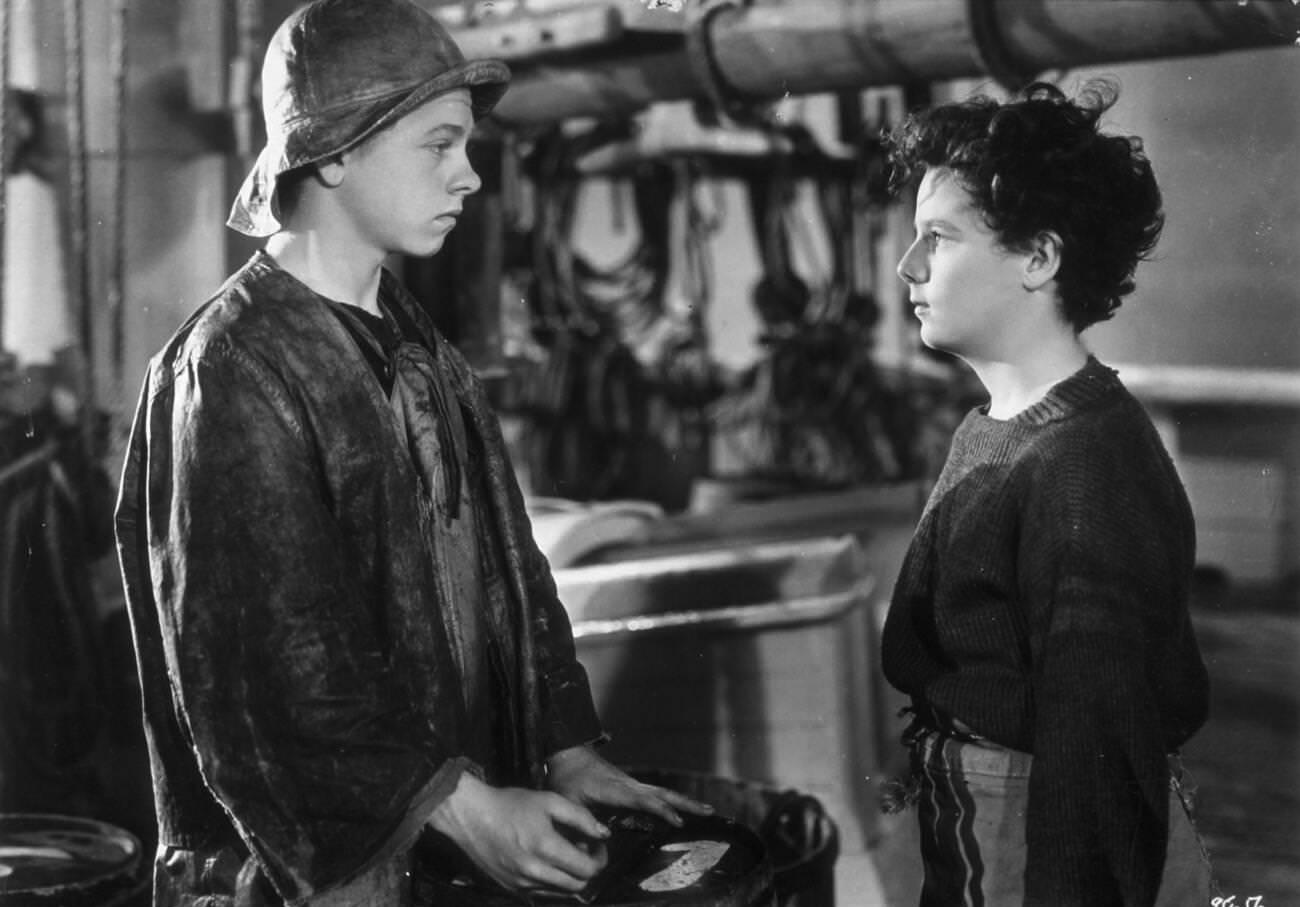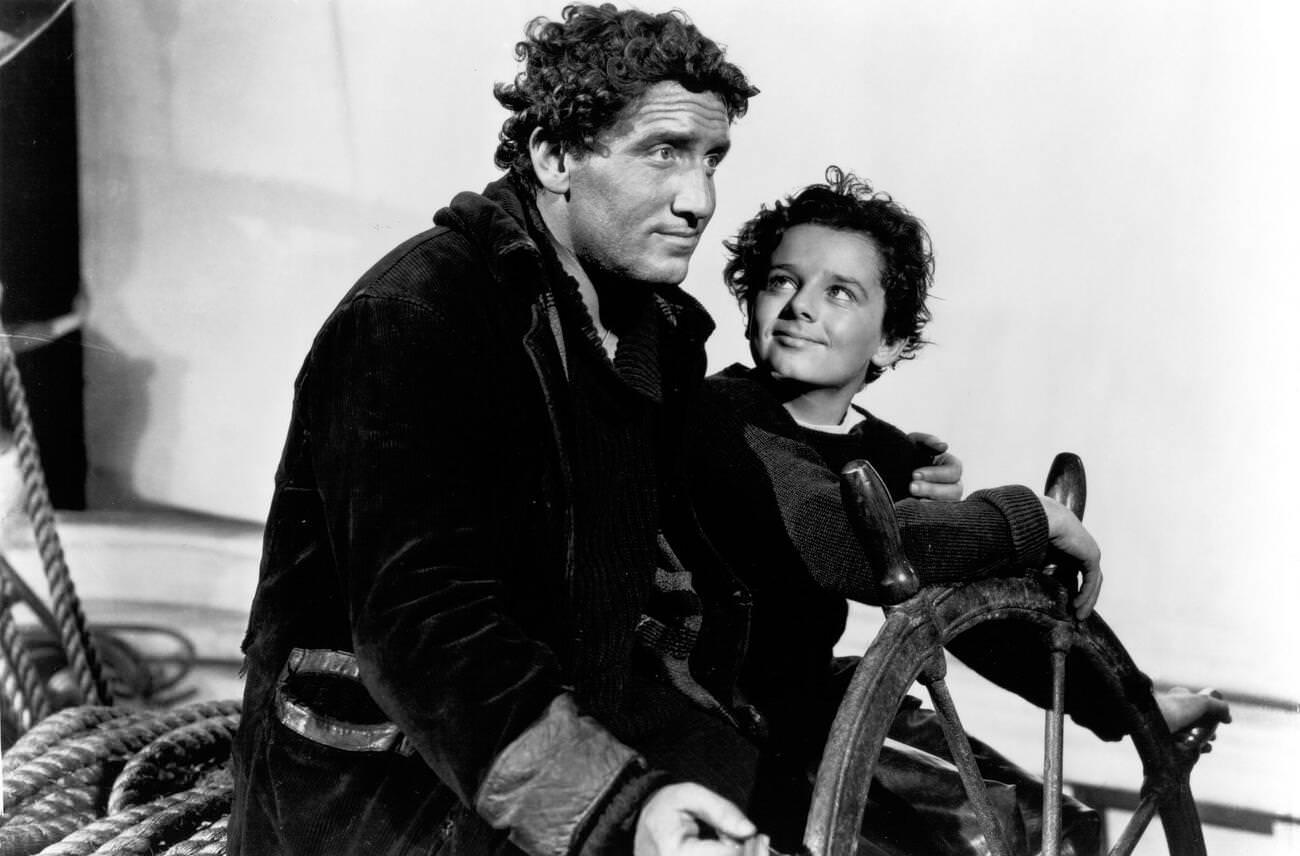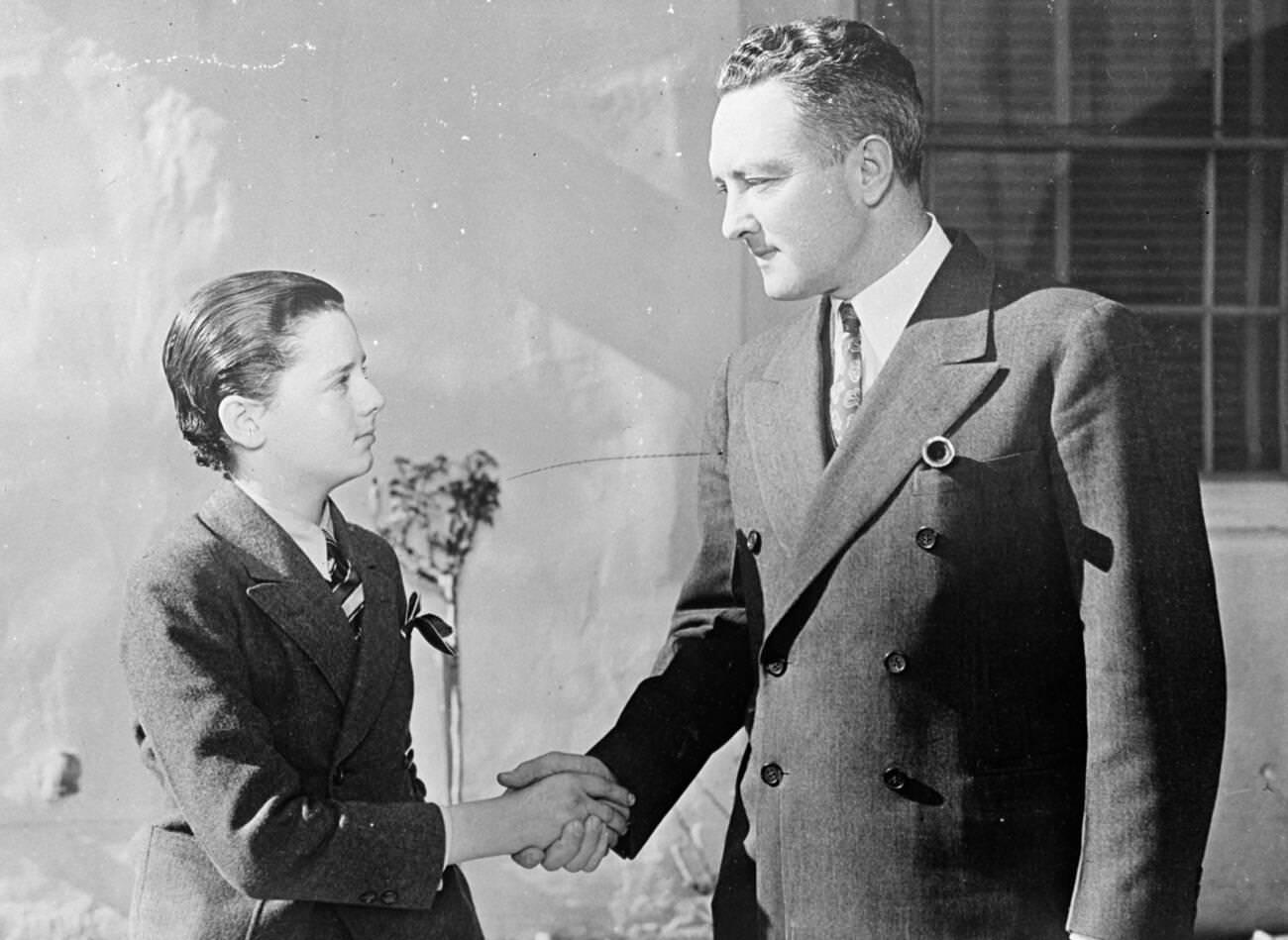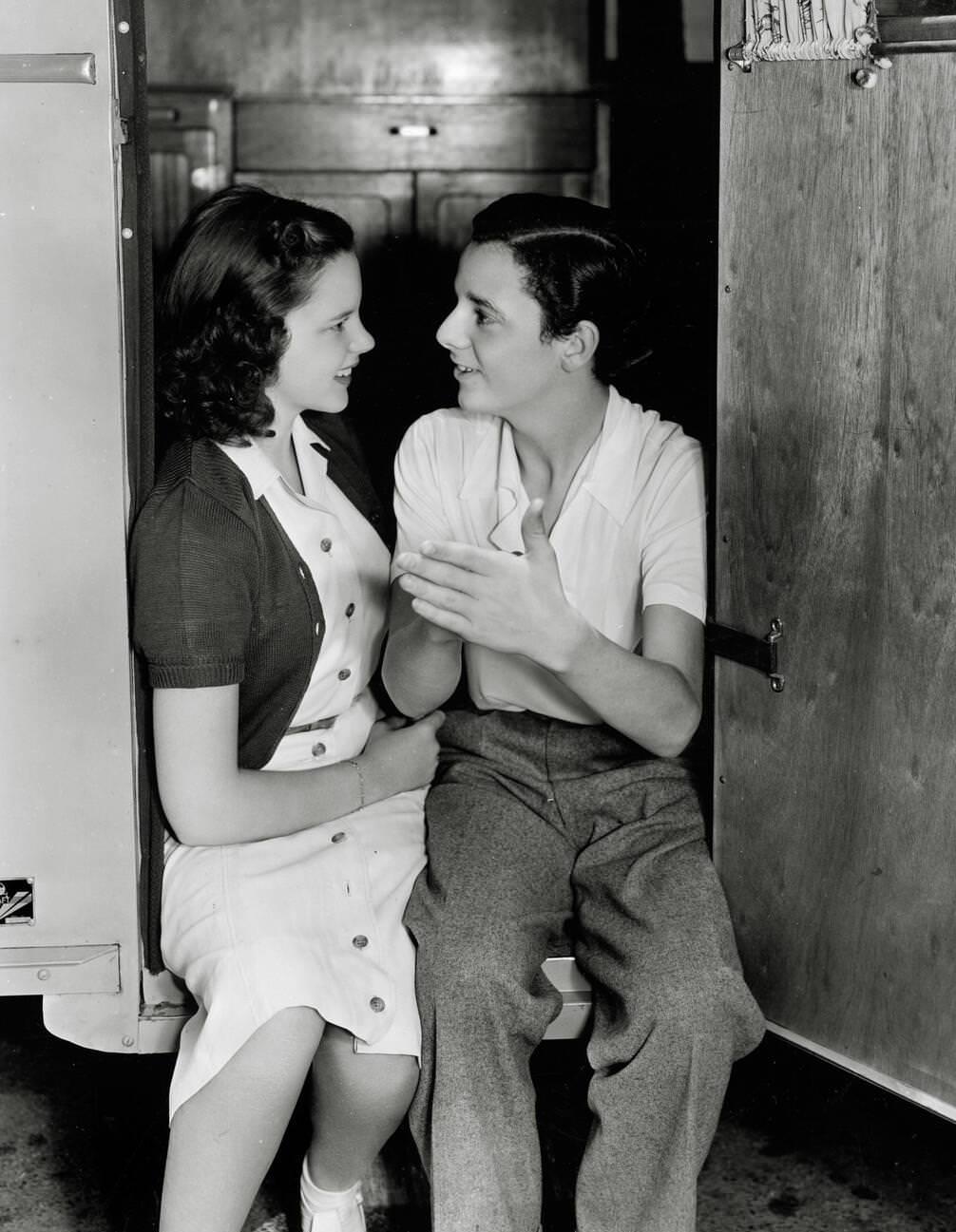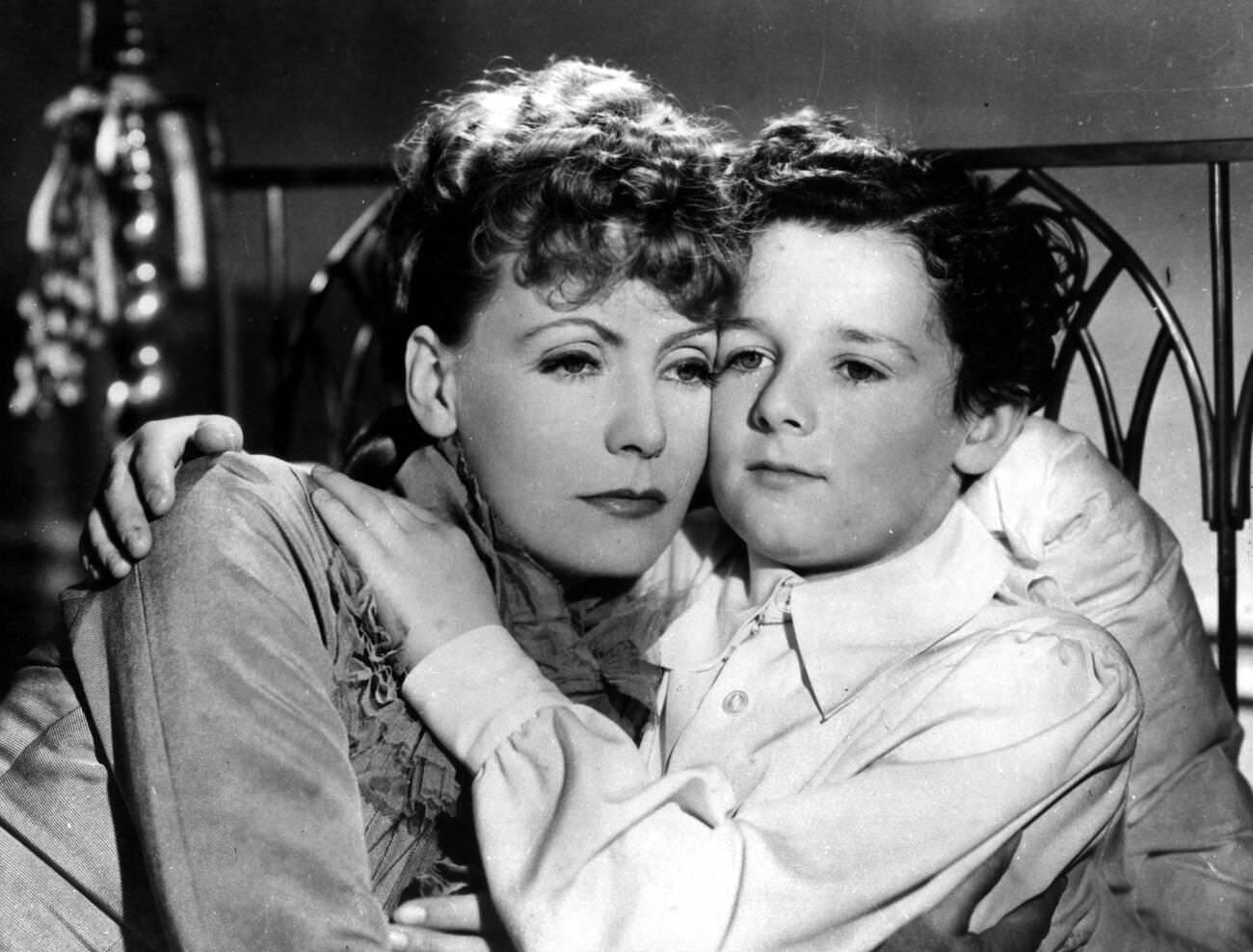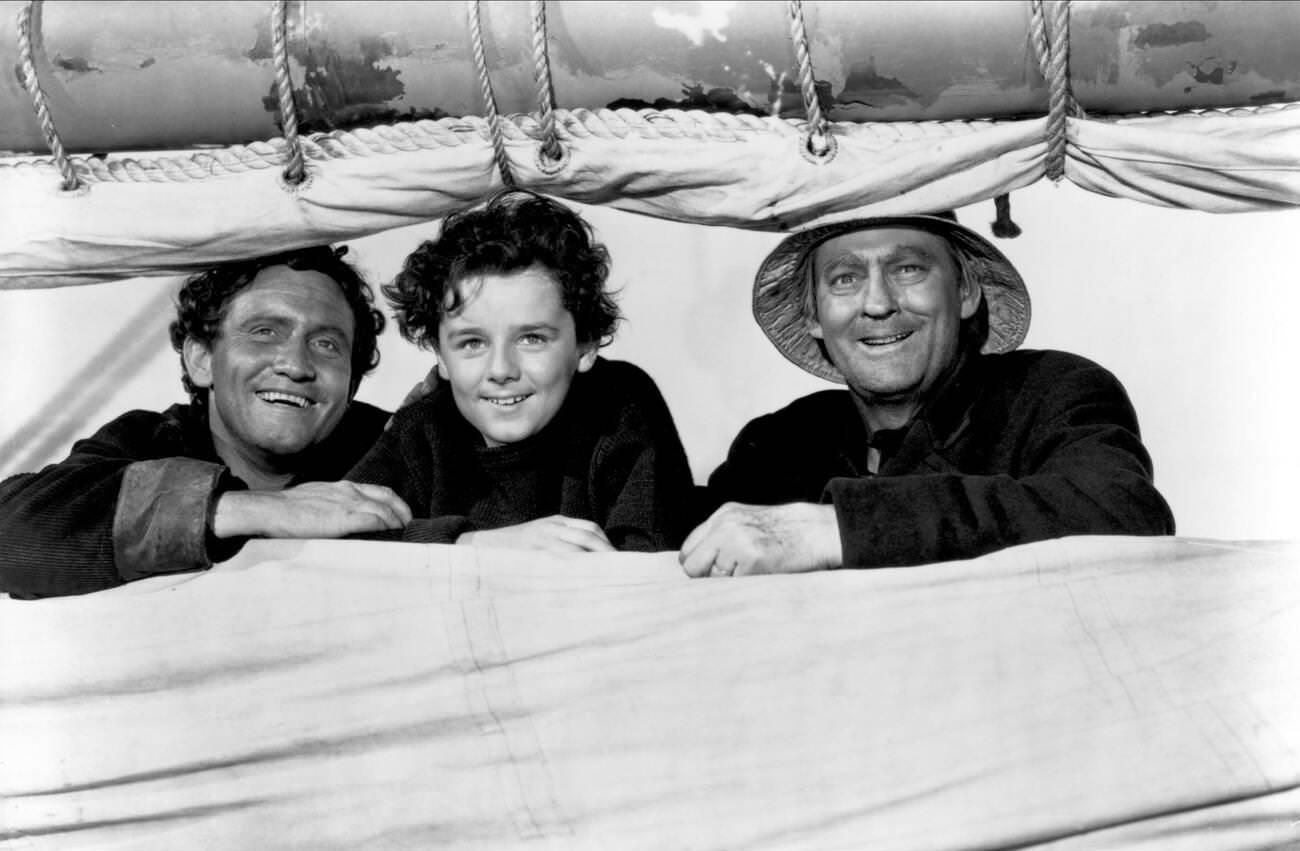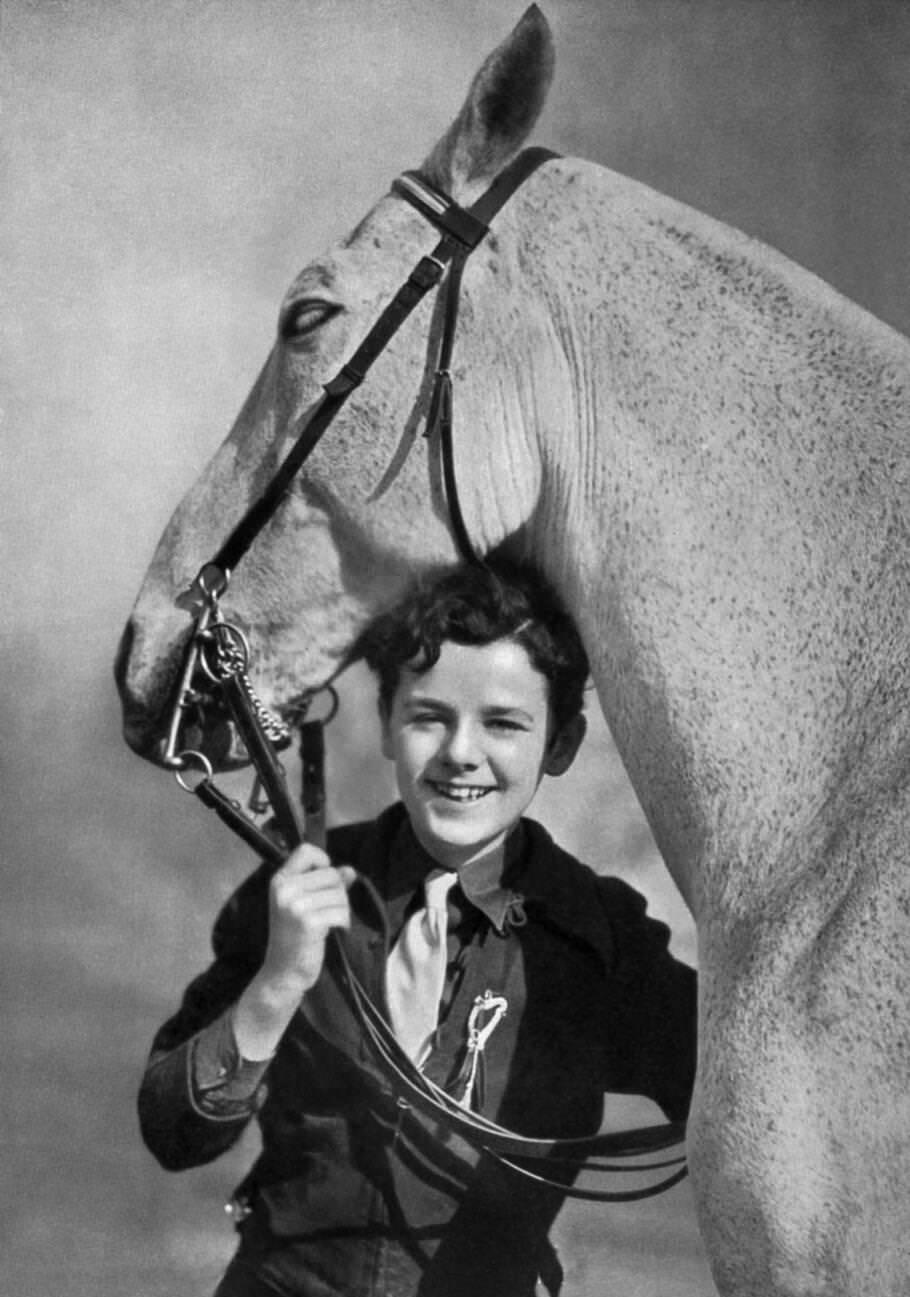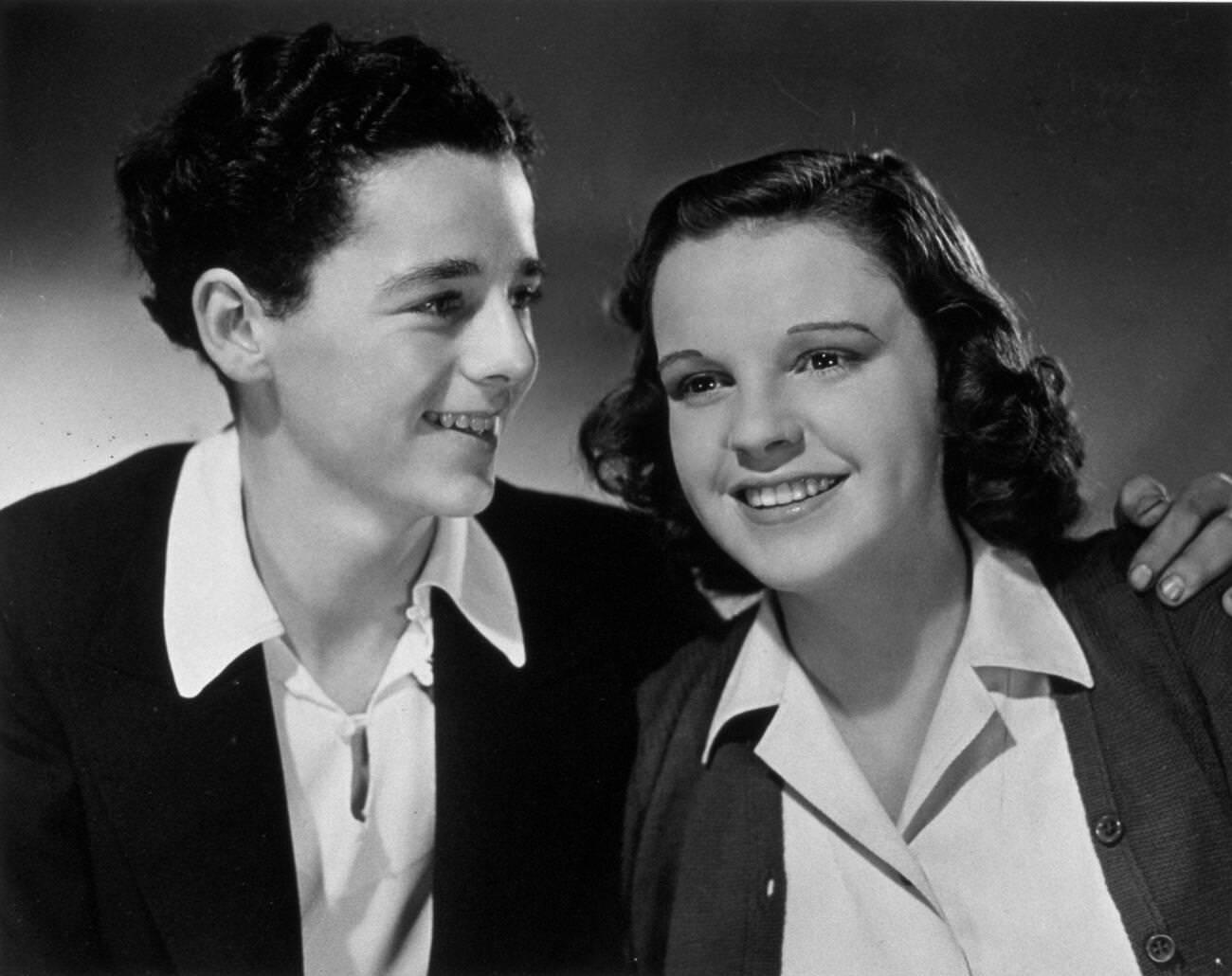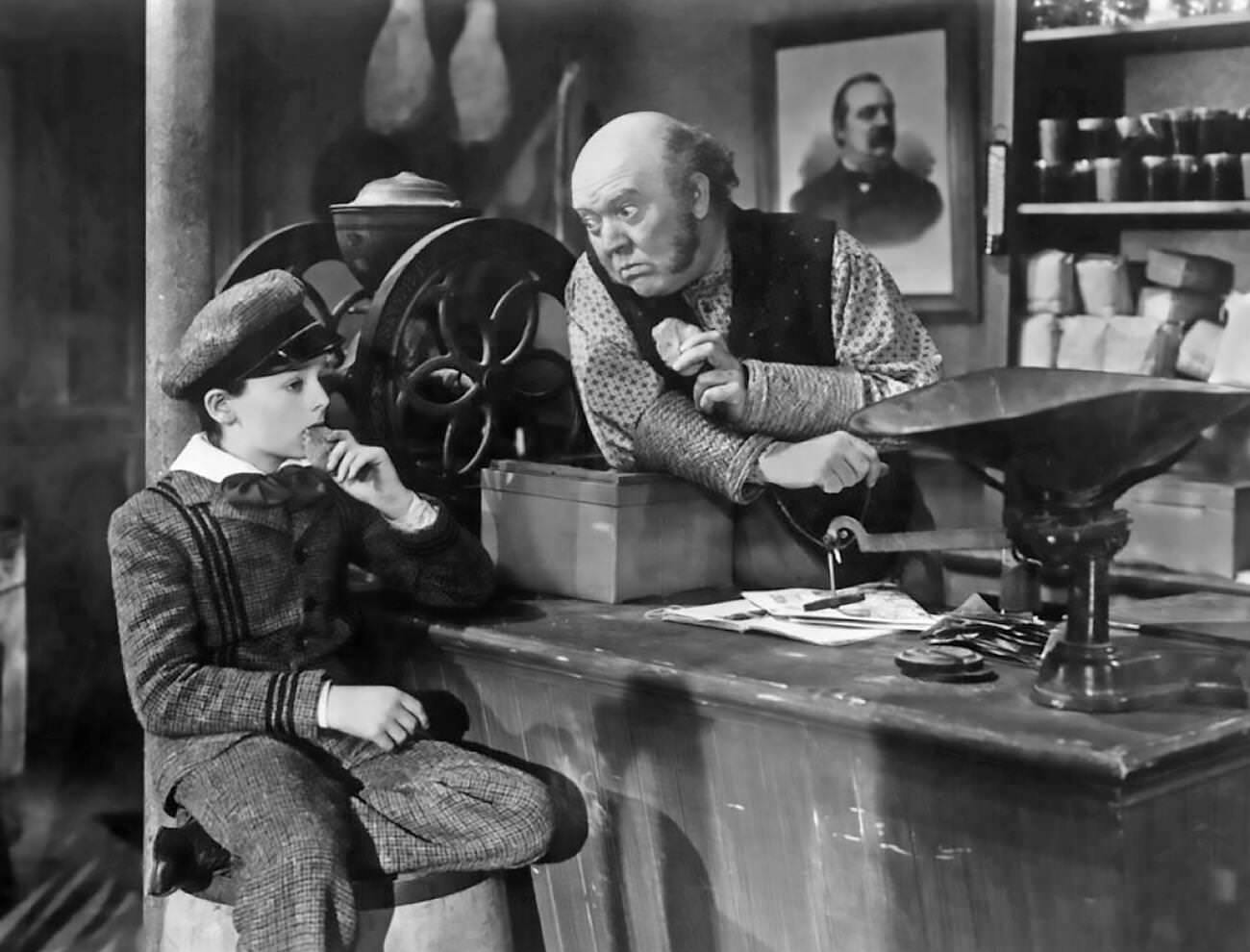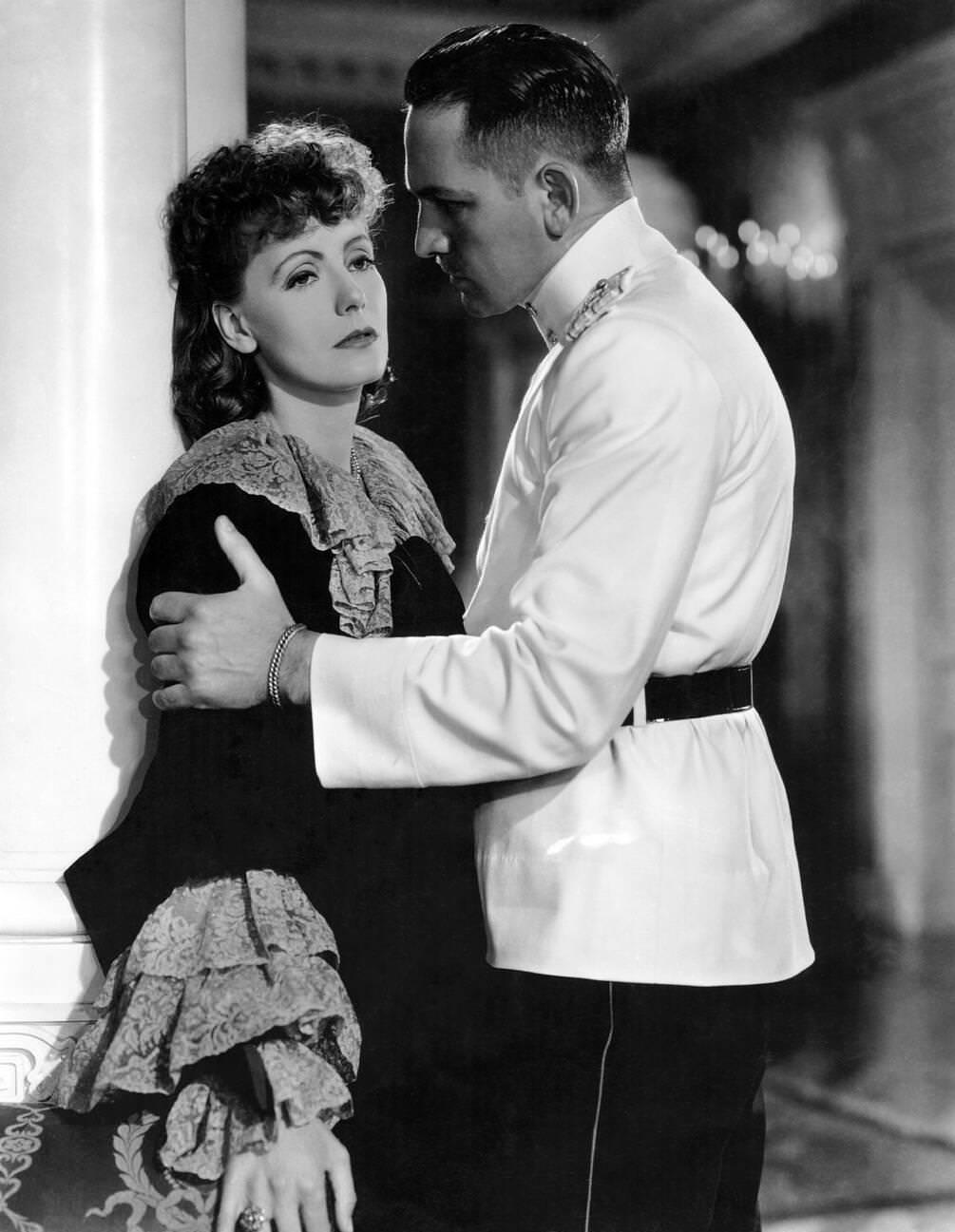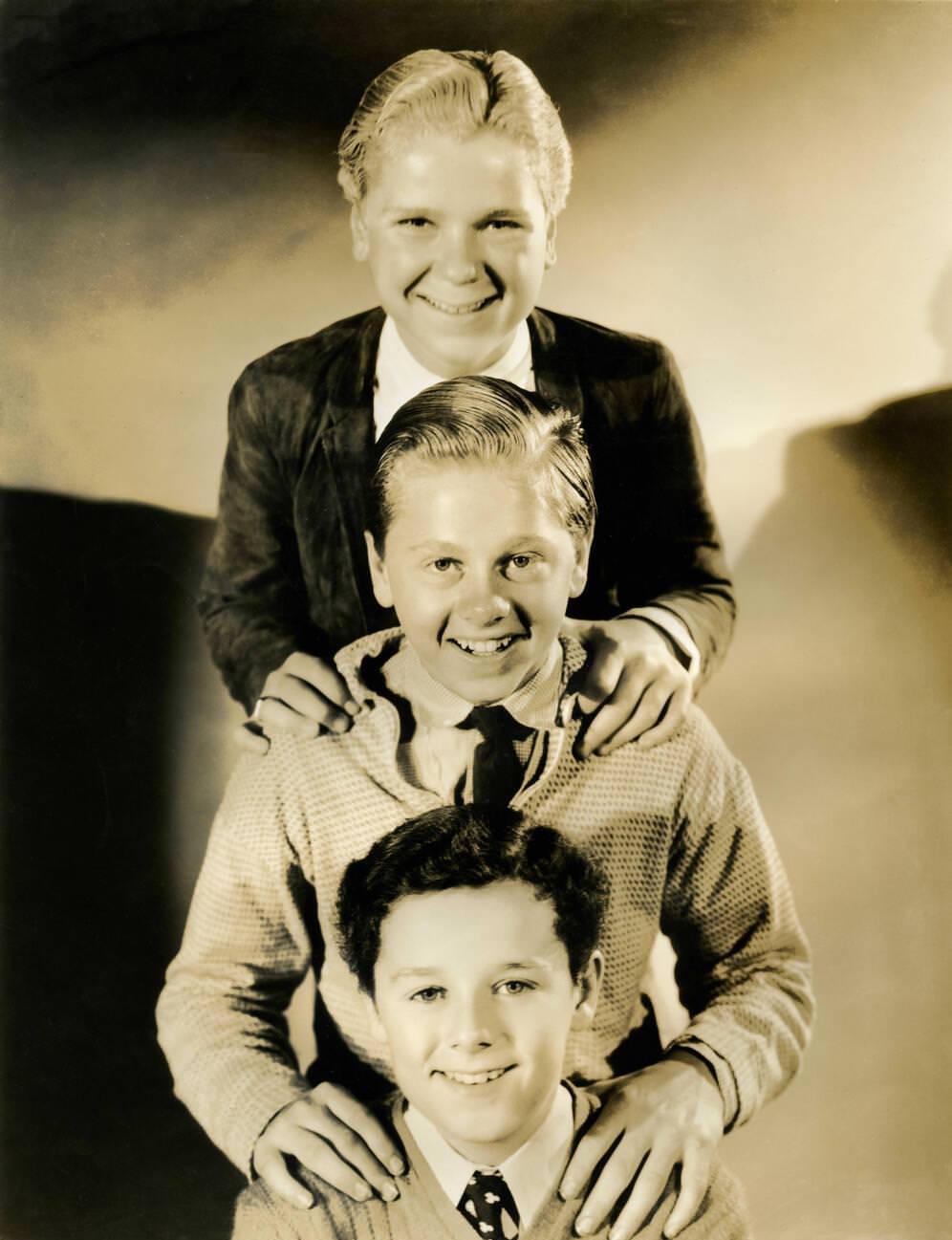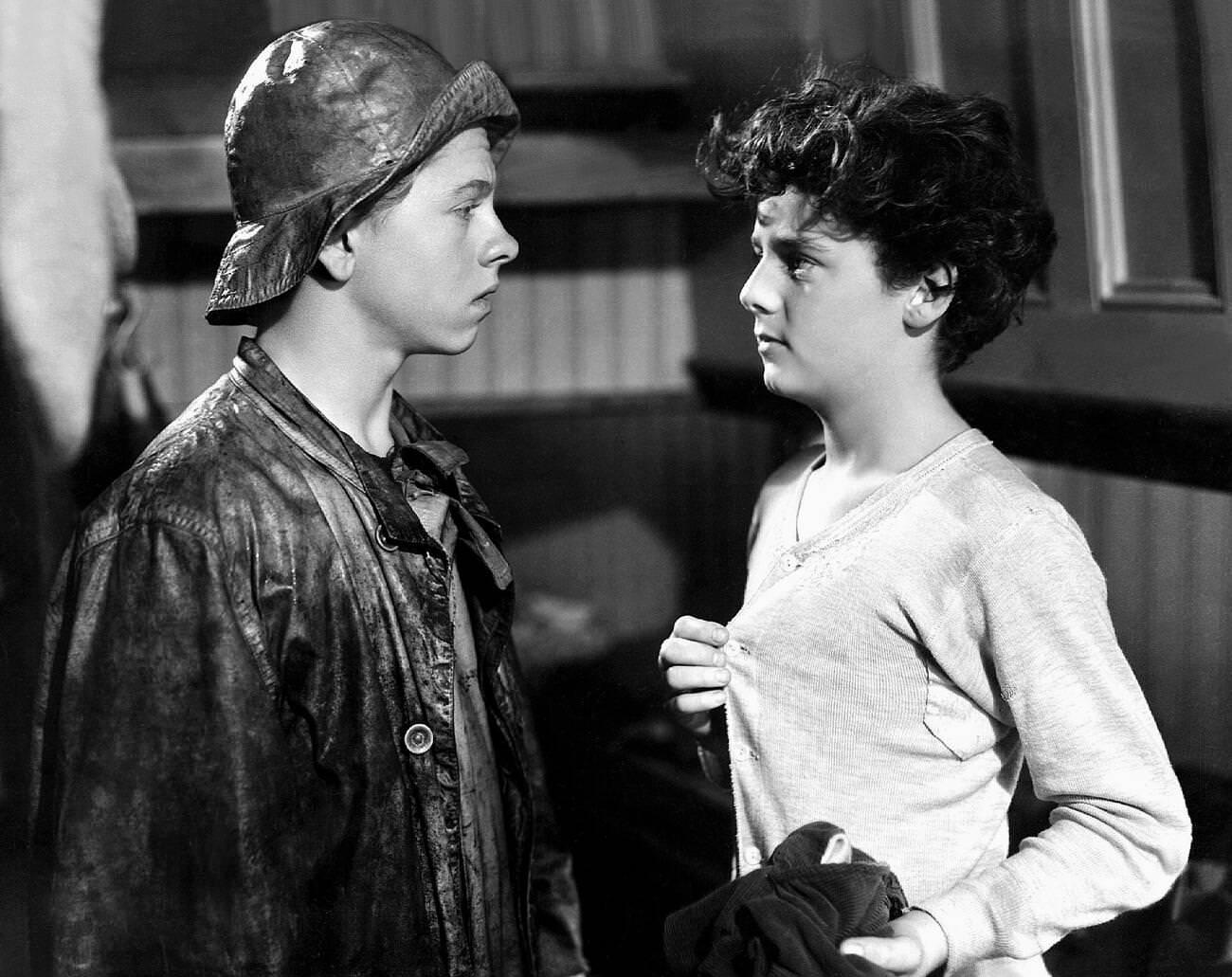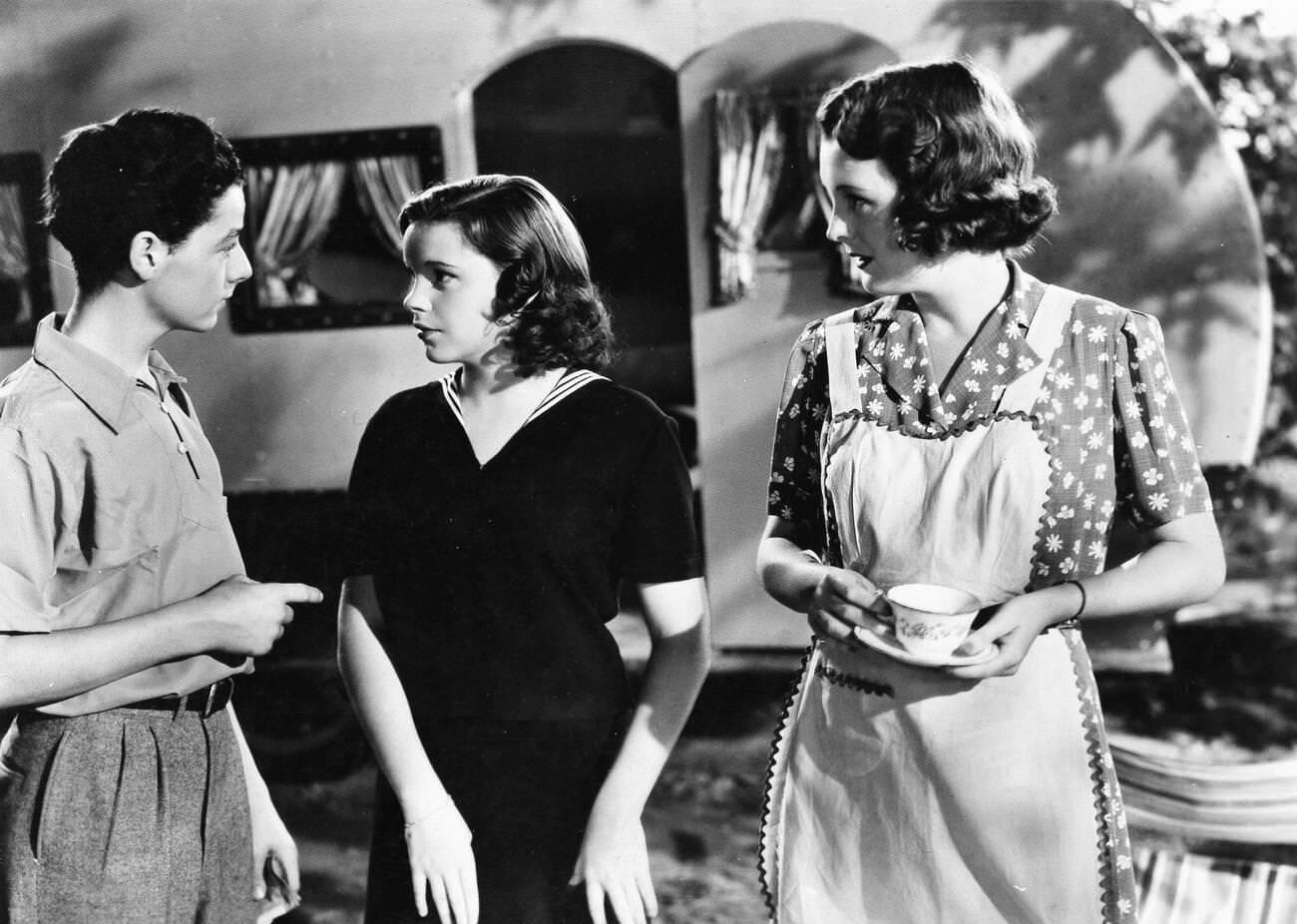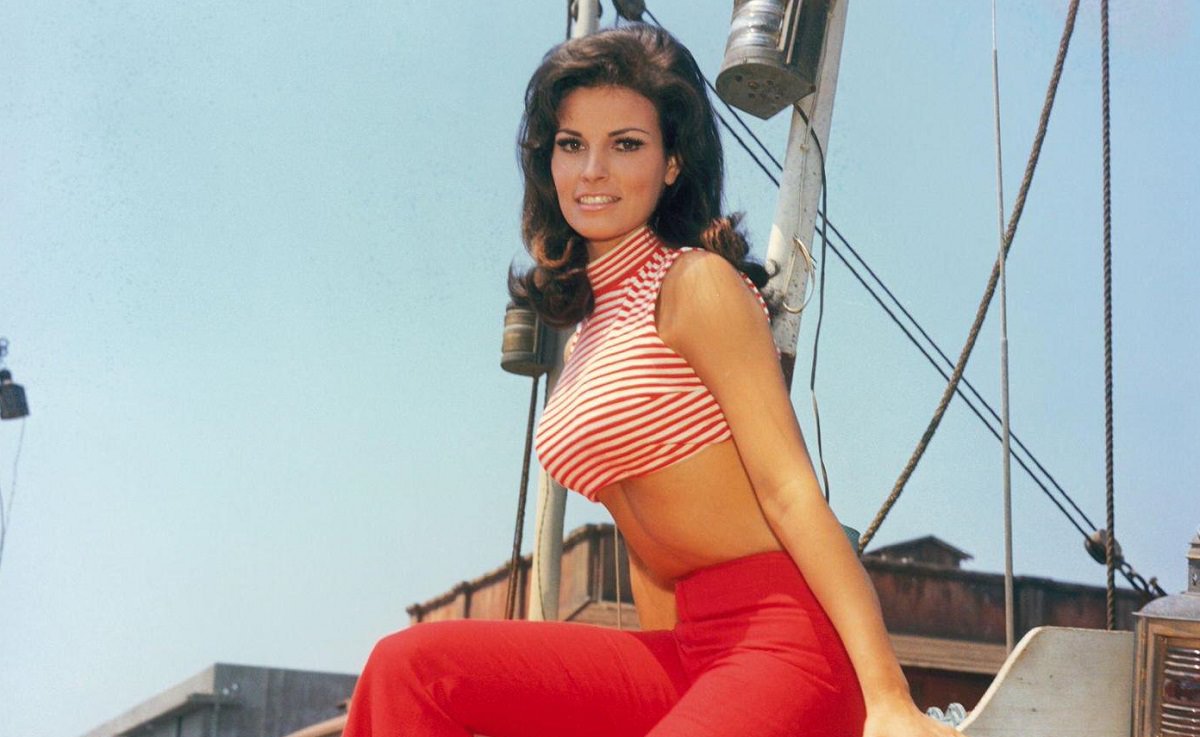Freddie Bartholomew, born Frederick Llewellyn March on March 28, 1924, in London, England, was an actor who captured the hearts of audiences during the golden age of Hollywood. With his cherubic face, innocent charm, and undeniable talent, Bartholomew became one of the most popular and successful child stars of the 1930s, appearing in numerous films alongside some of the era’s biggest names. In this post, we delve into the life and career of Freddie Bartholomew, the boy wonder who became a shining star in the Hollywood firmament.
A Star Is Born: Early Life and Career
Freddie Bartholomew’s journey to stardom began when he was discovered by an American talent scout while performing in a London stage production. He was quickly signed to a contract with MGM and moved to Hollywood, where he would make his film debut in the short “Toyland” (1930) at the age of six.
Bartholomew’s breakout role came in 1934 when he starred in the film adaptation of Charles Dickens’s “David Copperfield.” His portrayal of the young David, who endures a difficult childhood only to triumph over adversity, won over critics and audiences. Bartholomew’s performance showcased his ability to convey deep emotion and maturity far beyond his years, earning him a reputation as one of the most talented child actors of his time.
Iconic Roles and Hollywood Stardom
Following the success of “David Copperfield,” Bartholomew continued to captivate audiences with his performances in a string of successful films throughout the 1930s. Some of his most memorable roles include playing Little Lord Fauntleroy in the eponymous movie (1936), the young Gainsborough in “The Gorgeous Hussy” (1936), and the lead role in “Captains Courageous” (1937), in which he starred alongside Spencer Tracy.
In “Captains Courageous,” Bartholomew’s portrayal of a spoiled, wealthy boy who learns valuable life lessons from a humble fisherman, played by Tracy, is particularly well-received. His ability to convey the transformation of his character from a petulant child to a more compassionate and understanding young man showcased his depth and range as an actor. The film was both a critical and commercial success and further solidified Bartholomew’s status as one of the era’s brightest stars.
In 1938, Bartholomew starred in “Kidnapped,” an adaptation of Robert Louis Stevenson’s classic novel. His performance as David Balfour, a young man embroiled in a complex plot involving treachery, adventure, and friendship, was another testament to his exceptional talent.
The Transition to Adult Roles
As Bartholomew entered his teenage years, he faced the difficult challenge of transitioning from child star to adult actor – a hurdle that has proven impossible for many young performers. His roles in films like “Tom Brown’s School Days” (1940) and “Cadets on Parade” (1942) allowed him to explore more mature characters, but his career began to lose momentum as he struggled to secure more adult roles.
During World War II, Bartholomew enlisted in the U.S. Army Air Forces and took a hiatus from acting. After the war, he returned to Hollywood, but his career failed to regain its former heights. While he continued to work in film and television throughout the 1950s and 1960s, he never again enjoyed the same level of success that he had experienced during his childhood.
Freddie Bartholomew Spouses
Freddie Bartholomew’s personal life was marked by a series of marriages and relationships, with the actor marrying three times. His first wife was Maely Daniele, a publicist whom he married in 1946. The couple had a daughter together, but their marriage ended in divorce in 1950. Bartholomew then married Elizabeth Collingwood, an actress, in 1953. While they had a son together, their marriage divorced in 1963. Finally, Bartholomew married his third wife, Aileen Paul, a former dancer and television producer, in 1965. The couple remained together until Bartholomew died in 1992.
Life After Hollywood
In the 1950s, Bartholomew began to explore opportunities outside of acting. He succeeded as a director and producer for various shows in the burgeoning television industry. His experience as a child actor provided him with unique insights into the world of entertainment, and he used this knowledge to carve out a new career behind the camera.
In the 1960s and 1970s, Bartholomew continued to work in television as a producer and occasional actor in guest roles. In addition to his work in entertainment, he pursued a career in advertising, eventually becoming the director of an advertising agency. Throughout his life, Bartholomew remained active in show business, even briefly returning to acting in the 1980s with a guest appearance on the popular television show “Trapper John, M.D.”
Legacy and Impact
Freddie Bartholomew’s meteoric rise to fame and subsequent struggle to maintain his career as an adult actor serves as a cautionary tale for child stars attempting to navigate the treacherous waters of Hollywood. However, his story also offers hope and resilience as he reinvented himself and found success beyond the silver screen.
Bartholomew’s performances in films such as “David Copperfield,” “Captains Courageous,” and “Little Lord Fauntleroy” continue to resonate with audiences, showcasing his remarkable talent and charisma. His roles in these classic films have ensured his place in the annals of Hollywood history as one of the most beloved and accomplished child actors of his time.
Freddie Bartholomew passed away on January 23, 1992, at 67. His contributions to film, television, and advertising continue to be celebrated. His performances in some of the most iconic films of Hollywood’s golden age ensure that his memory will live on for generations.
